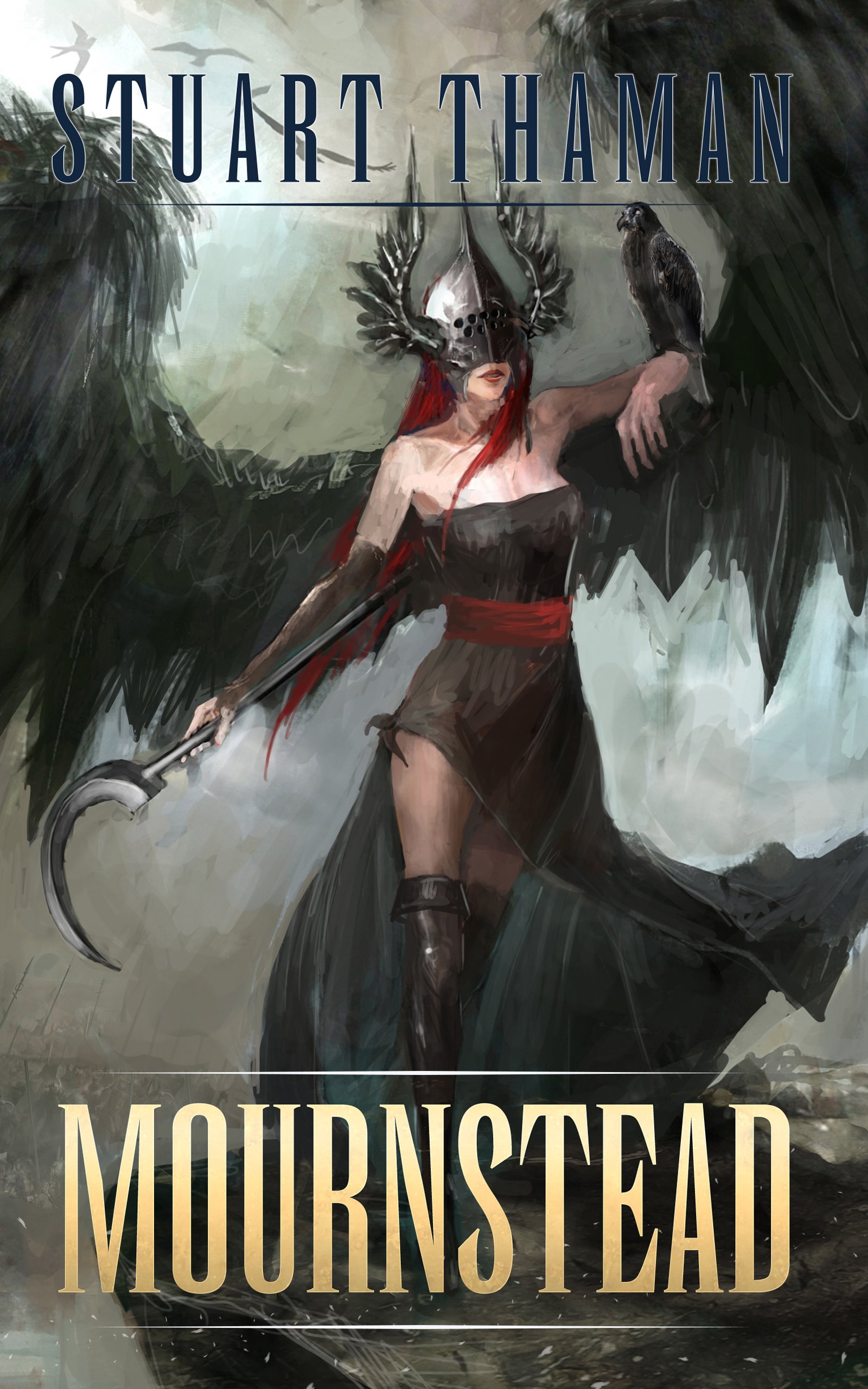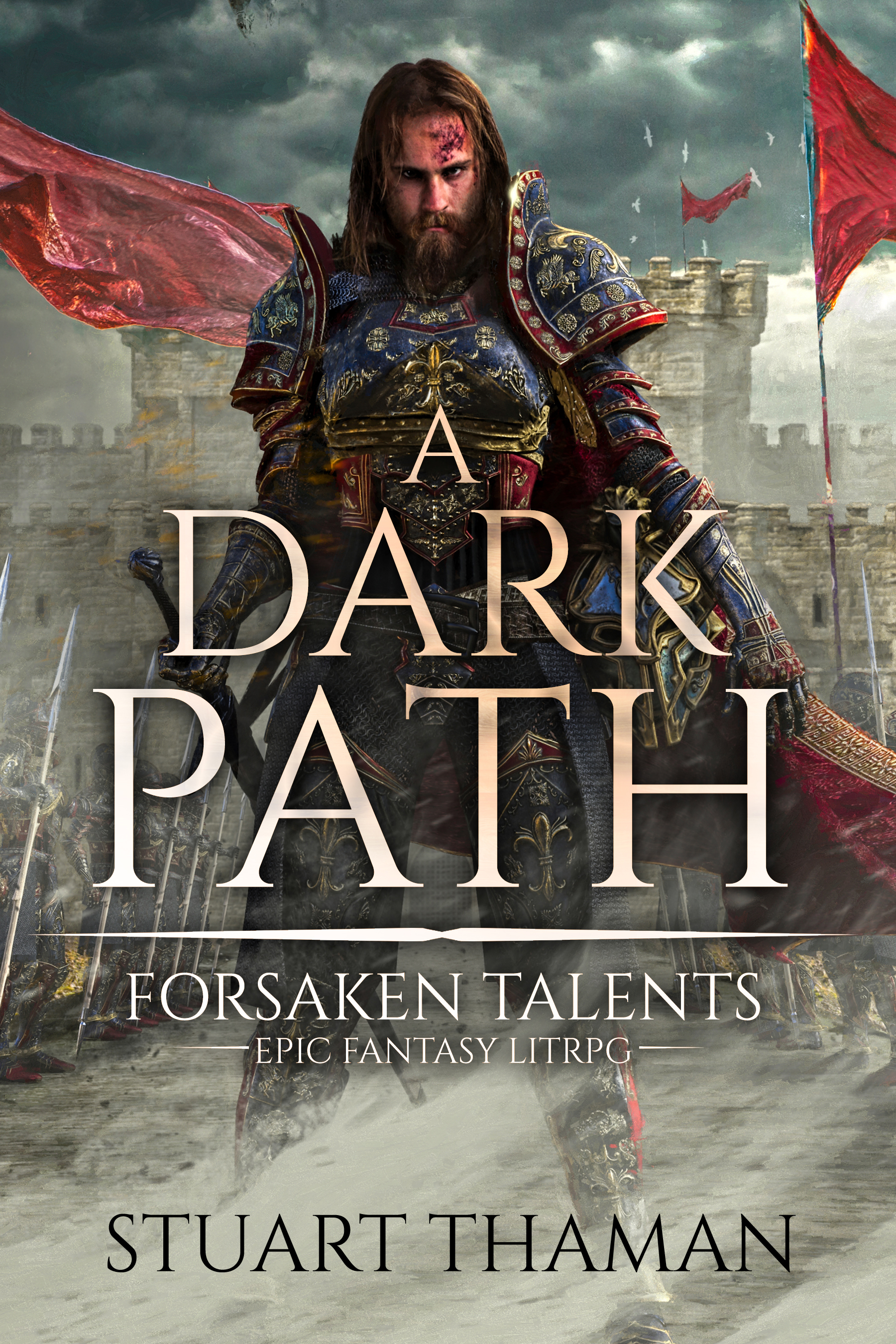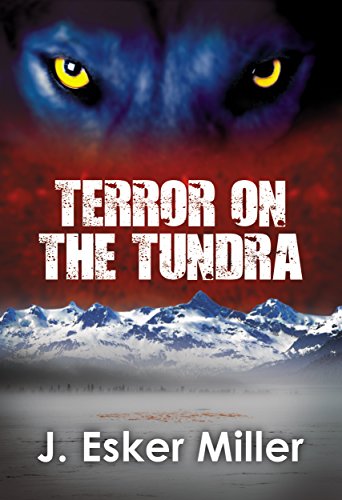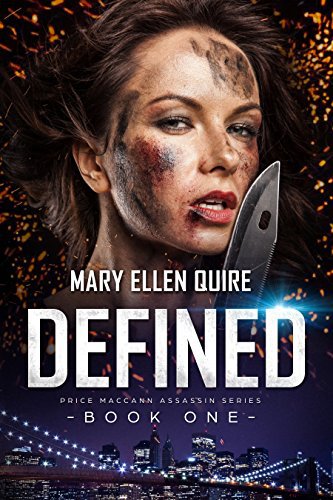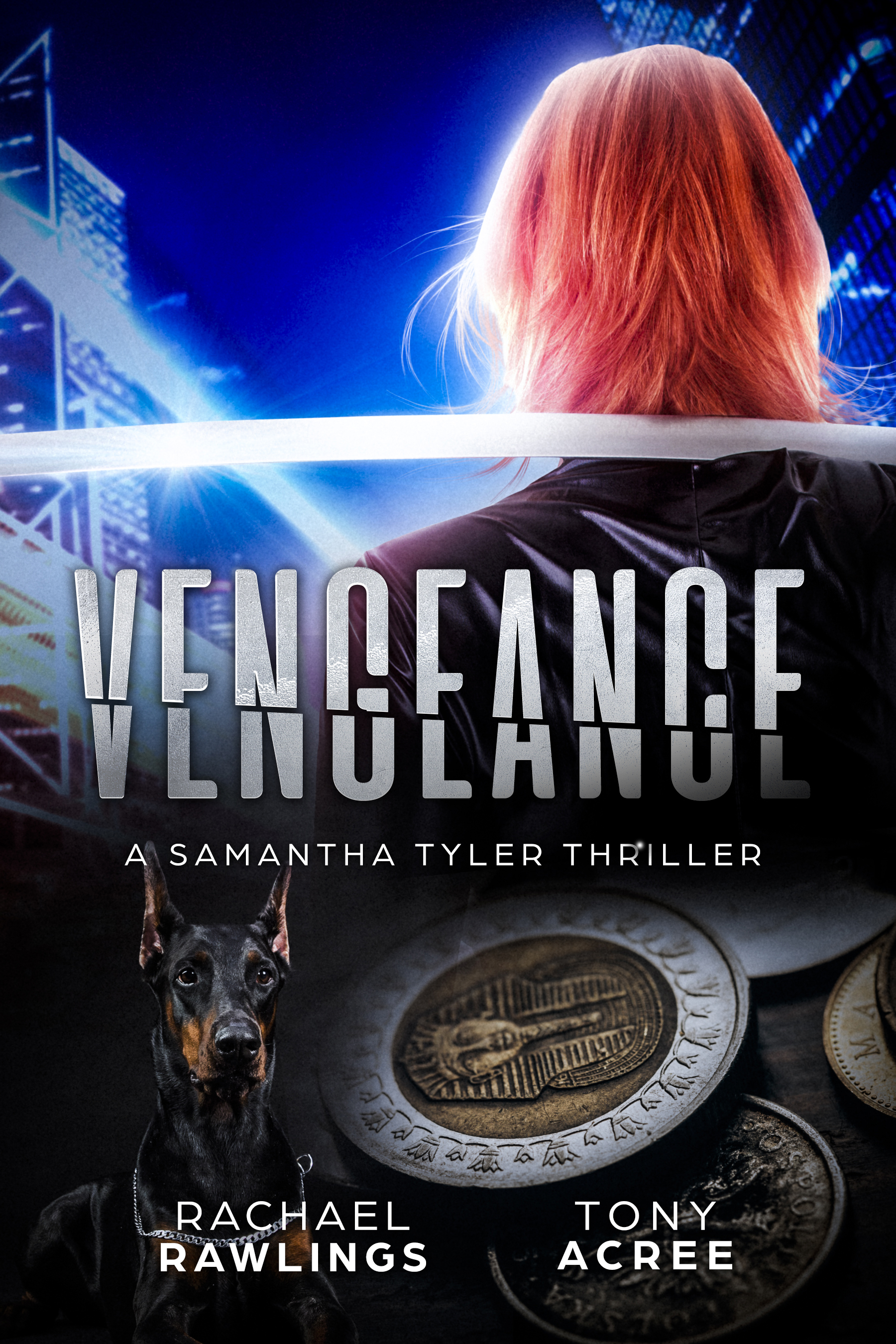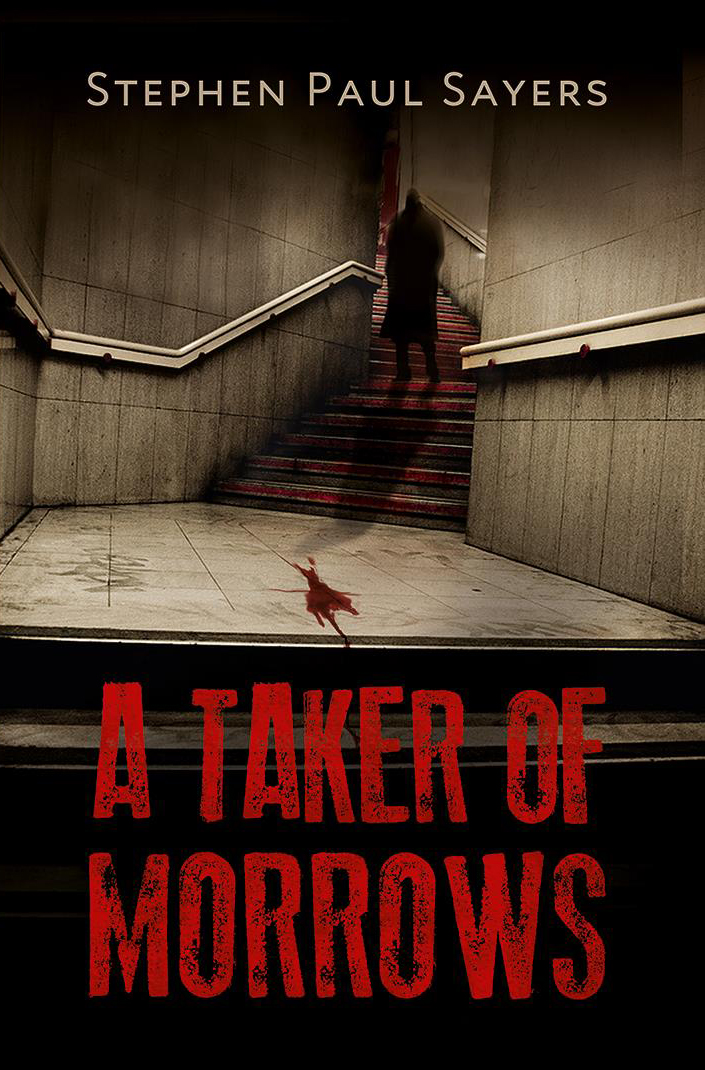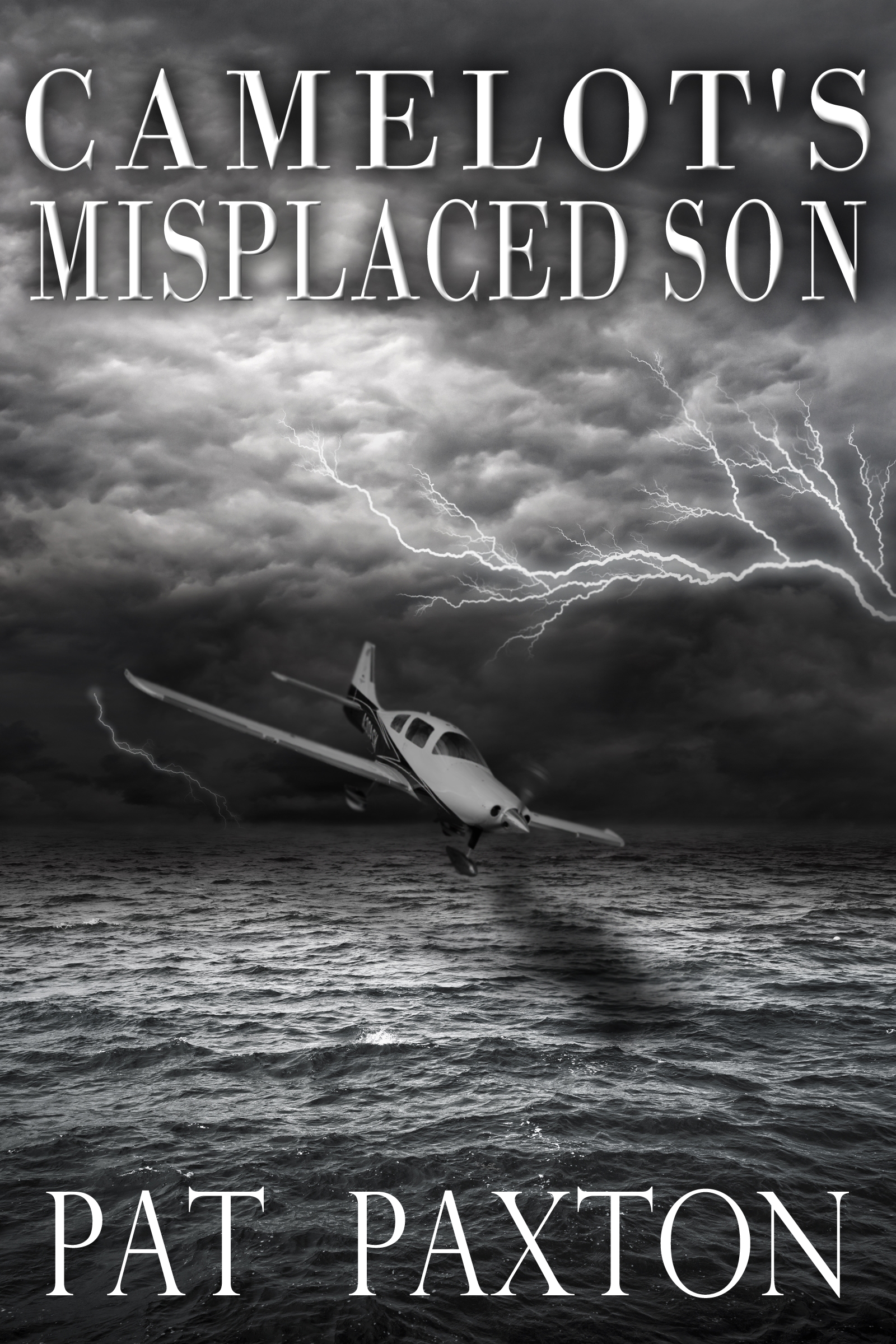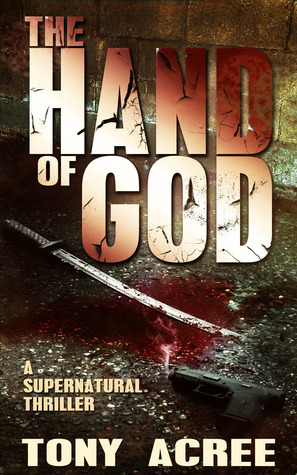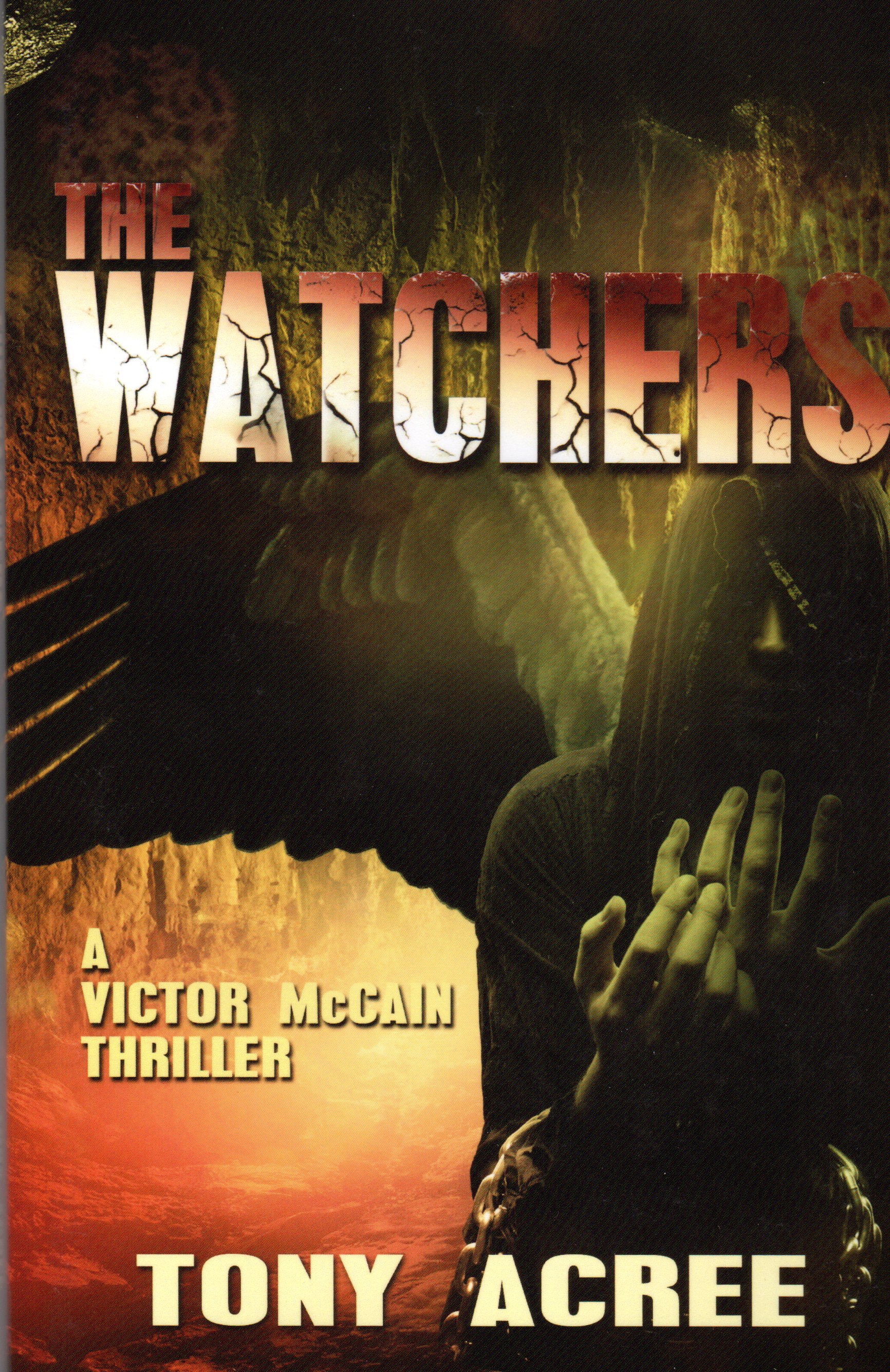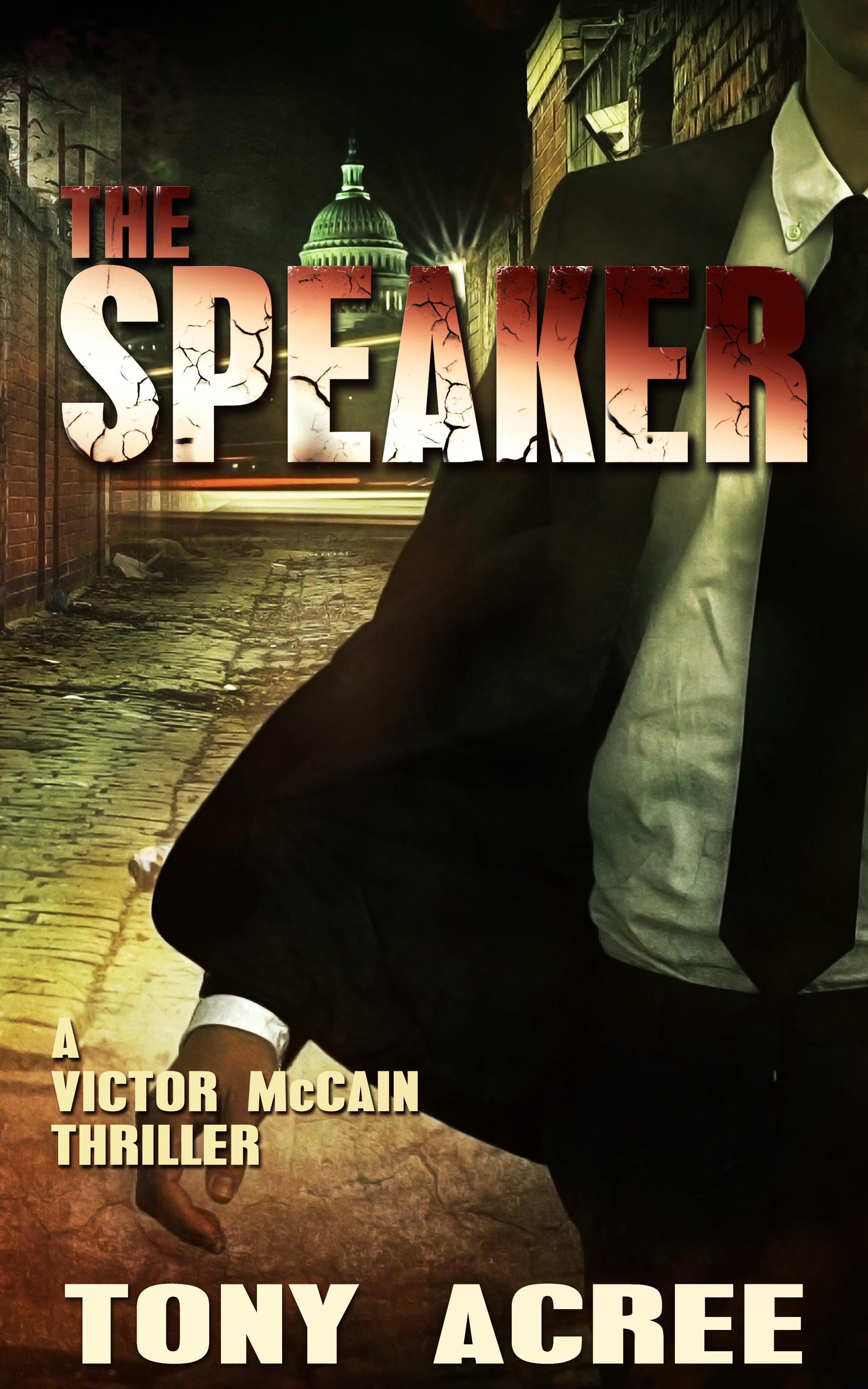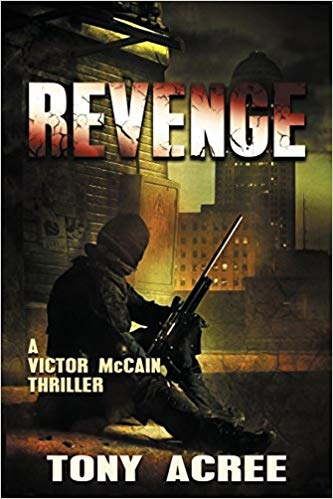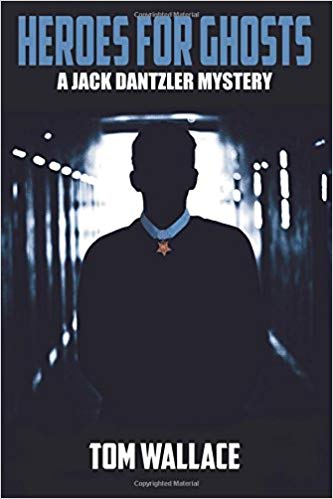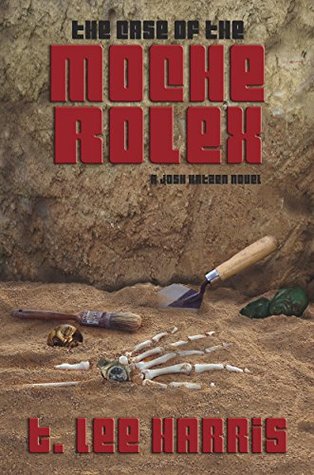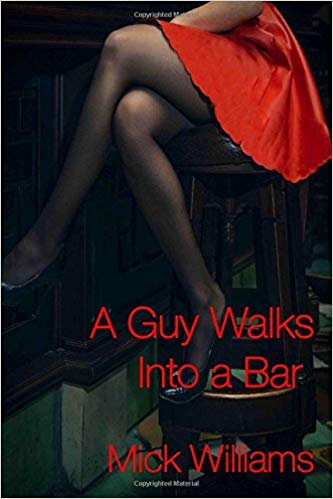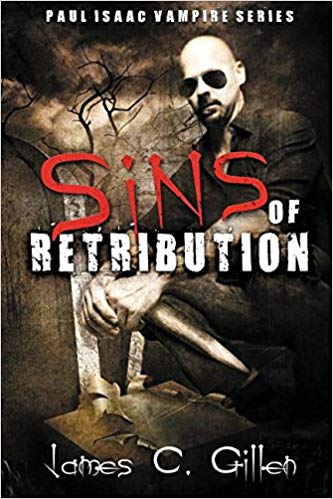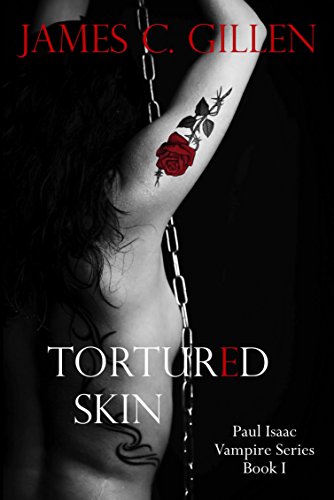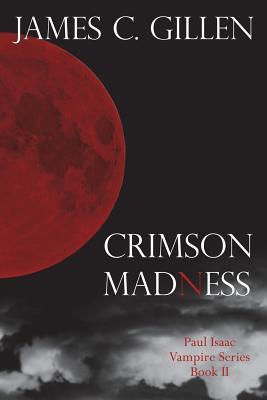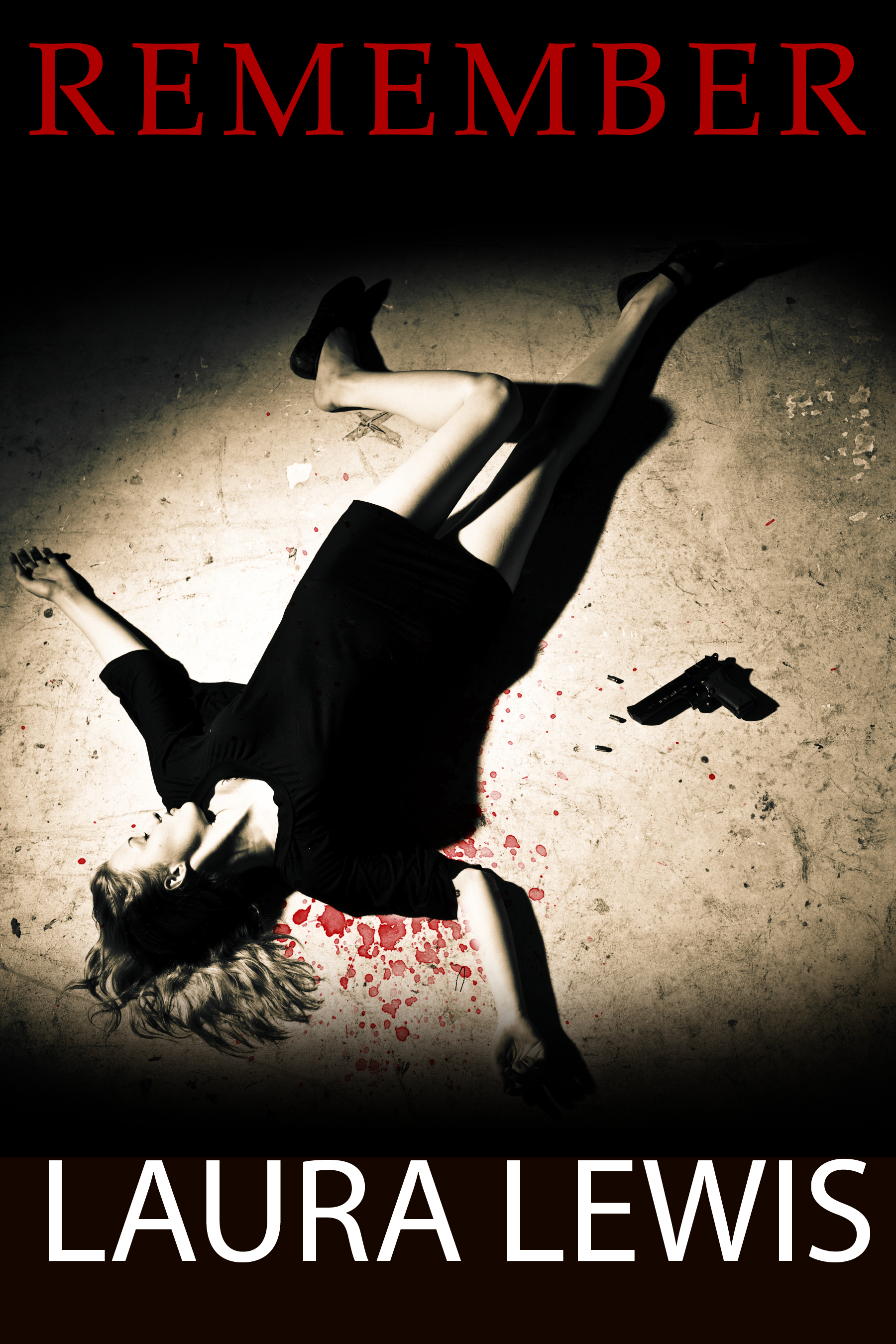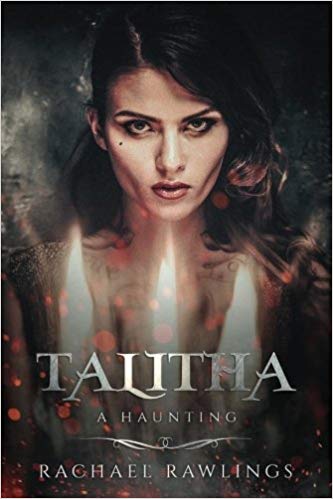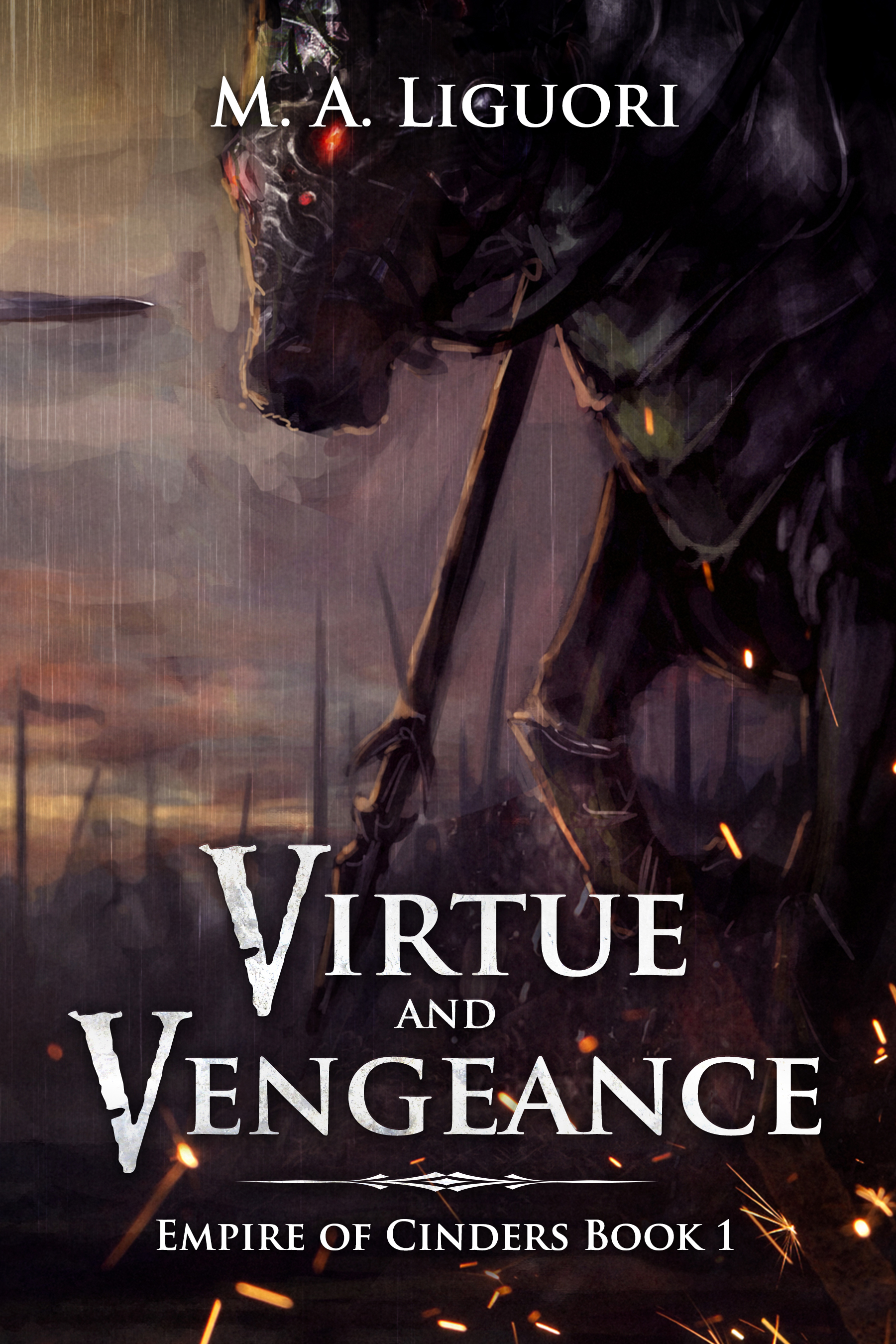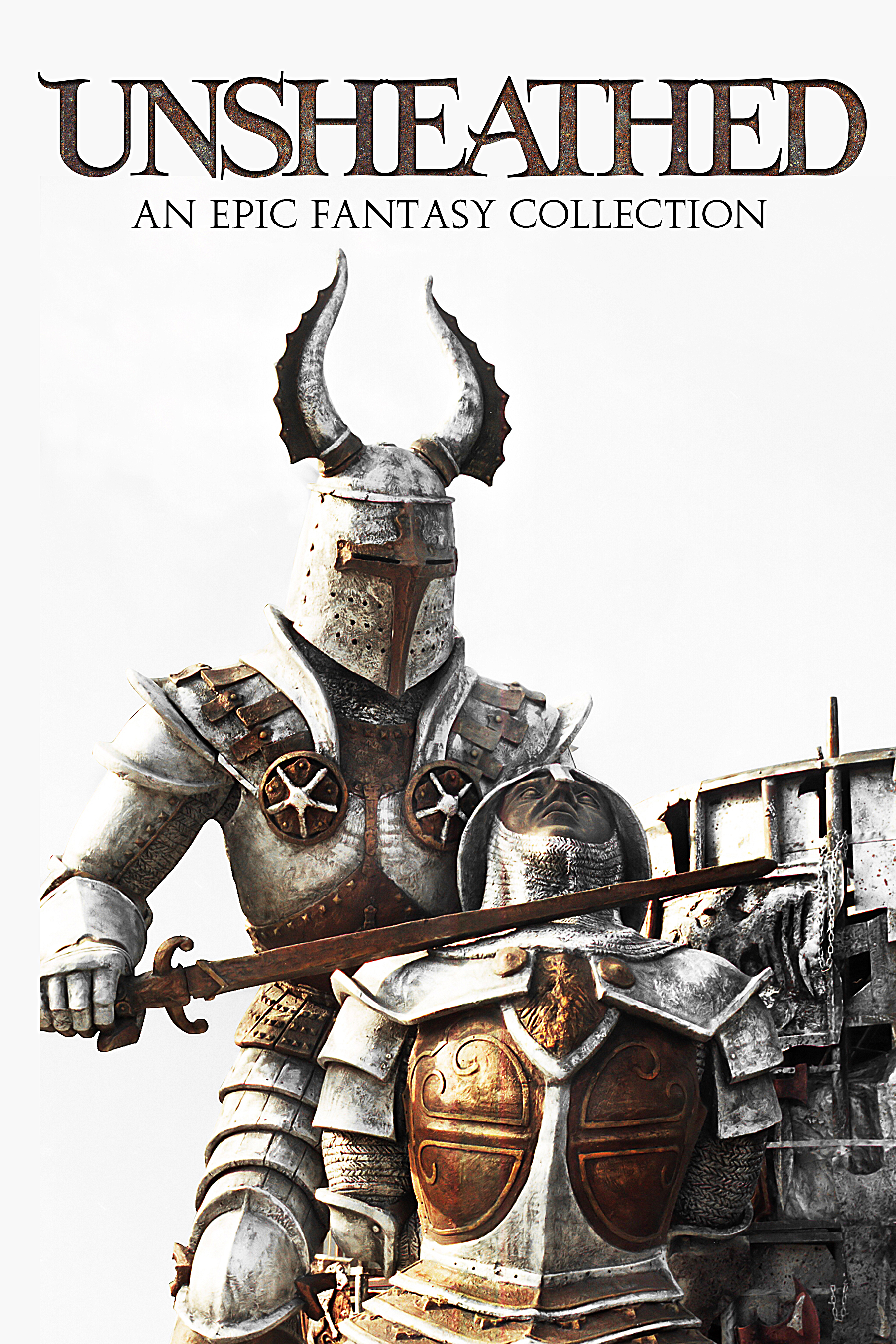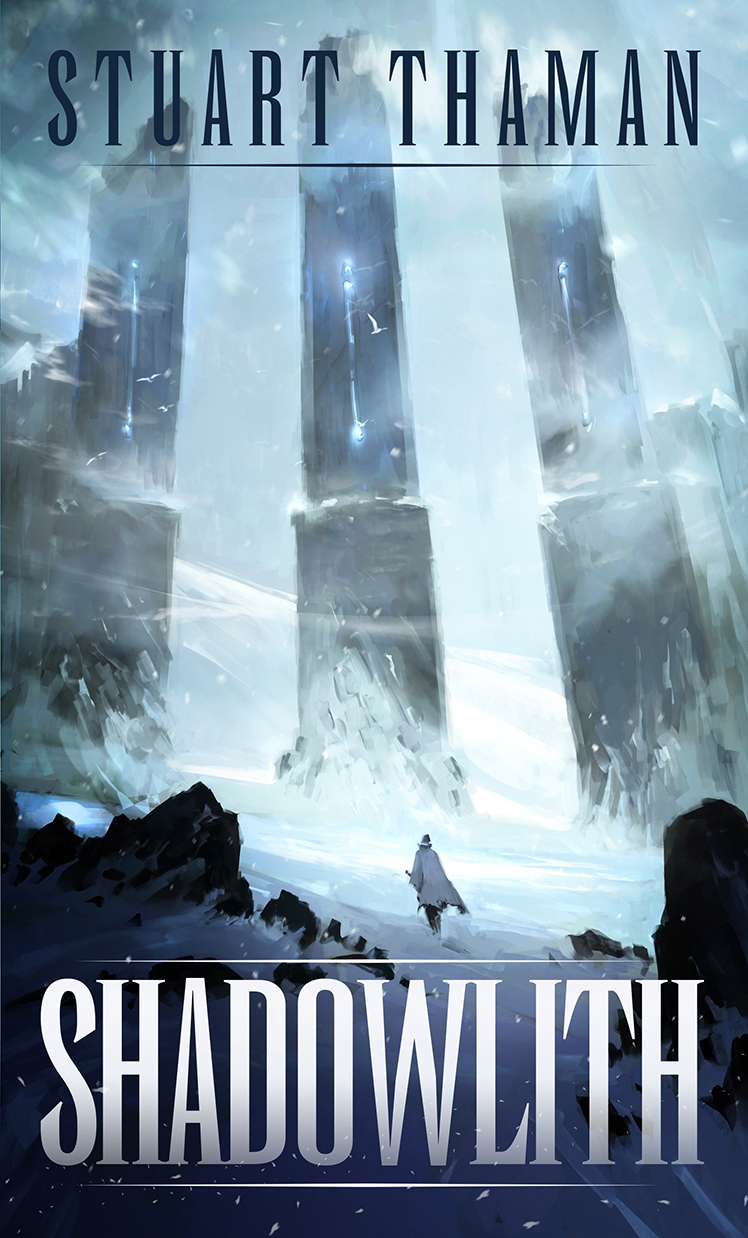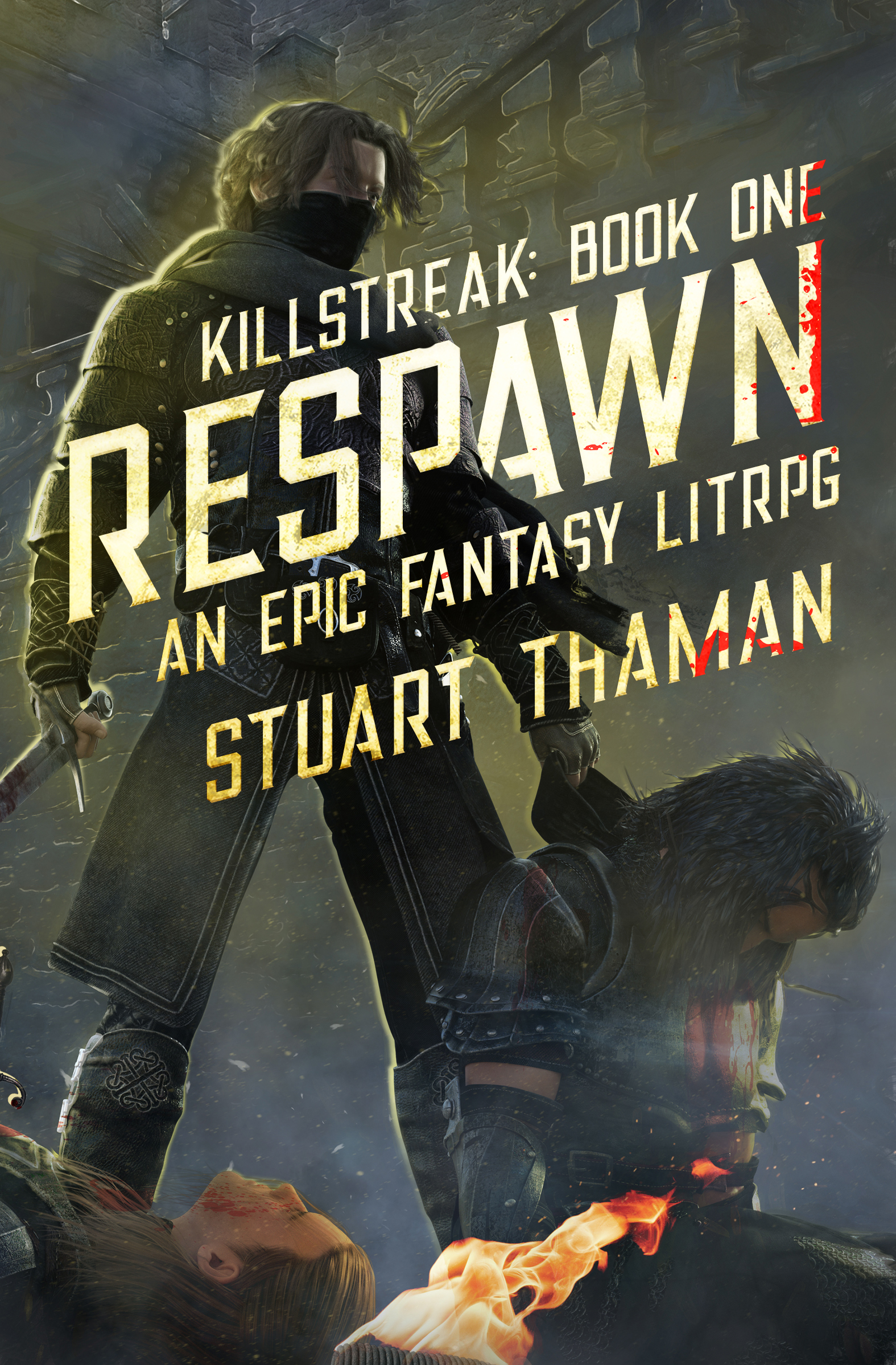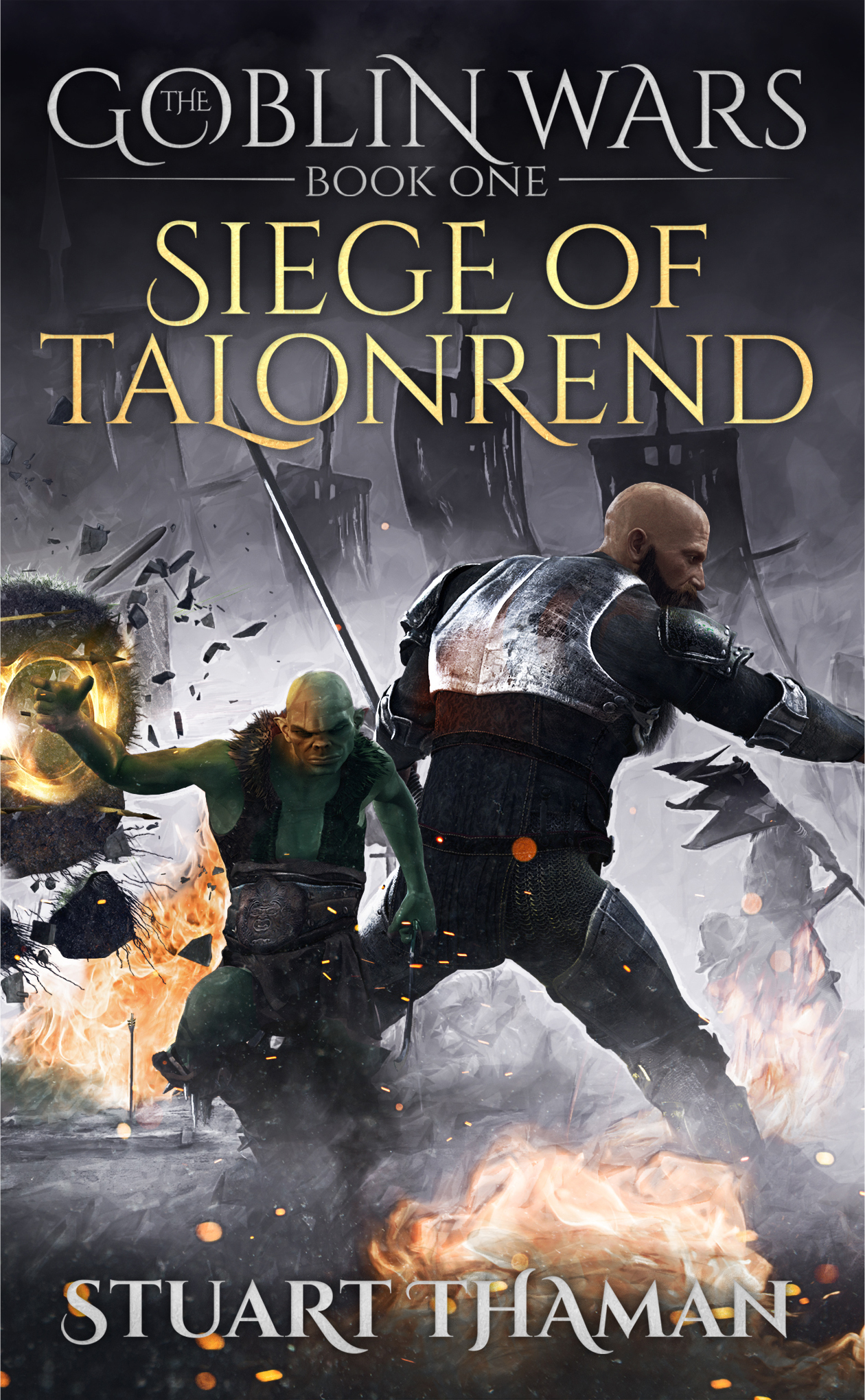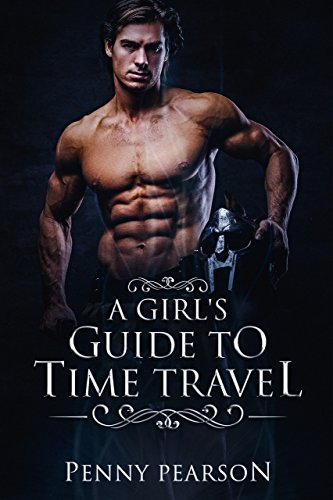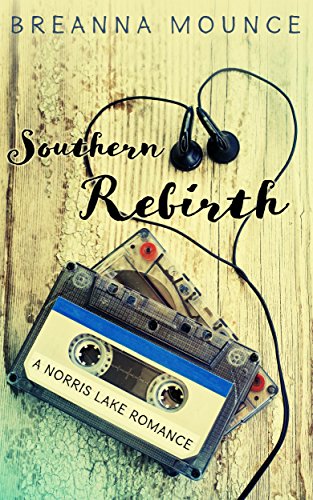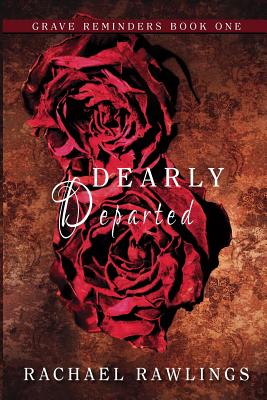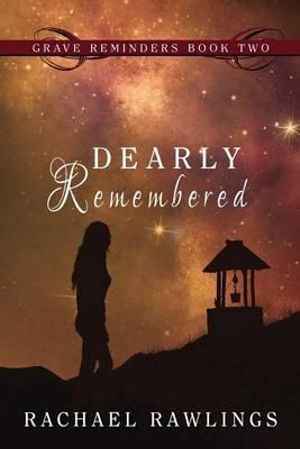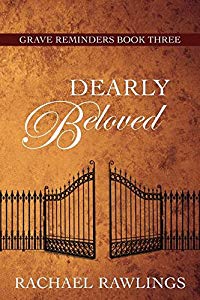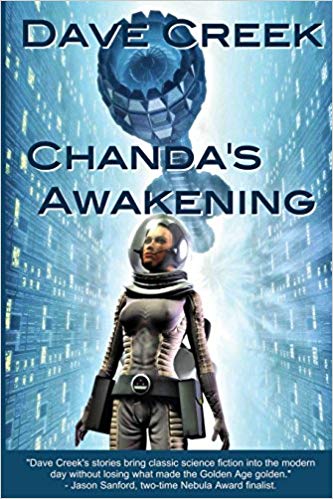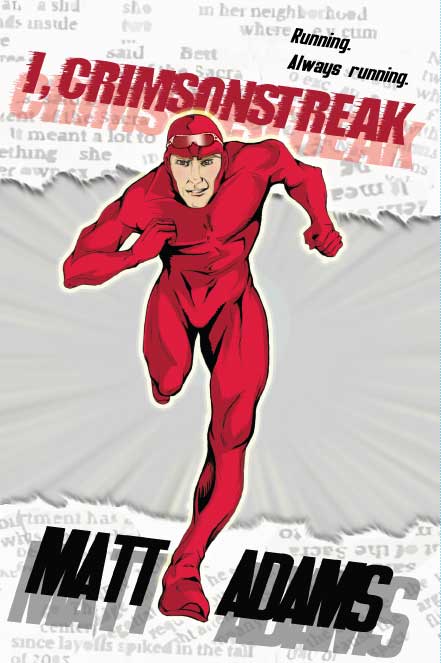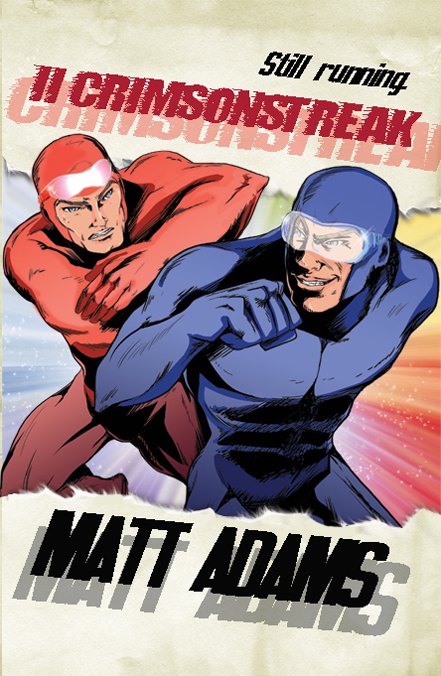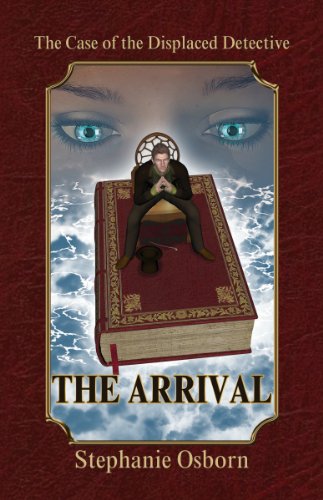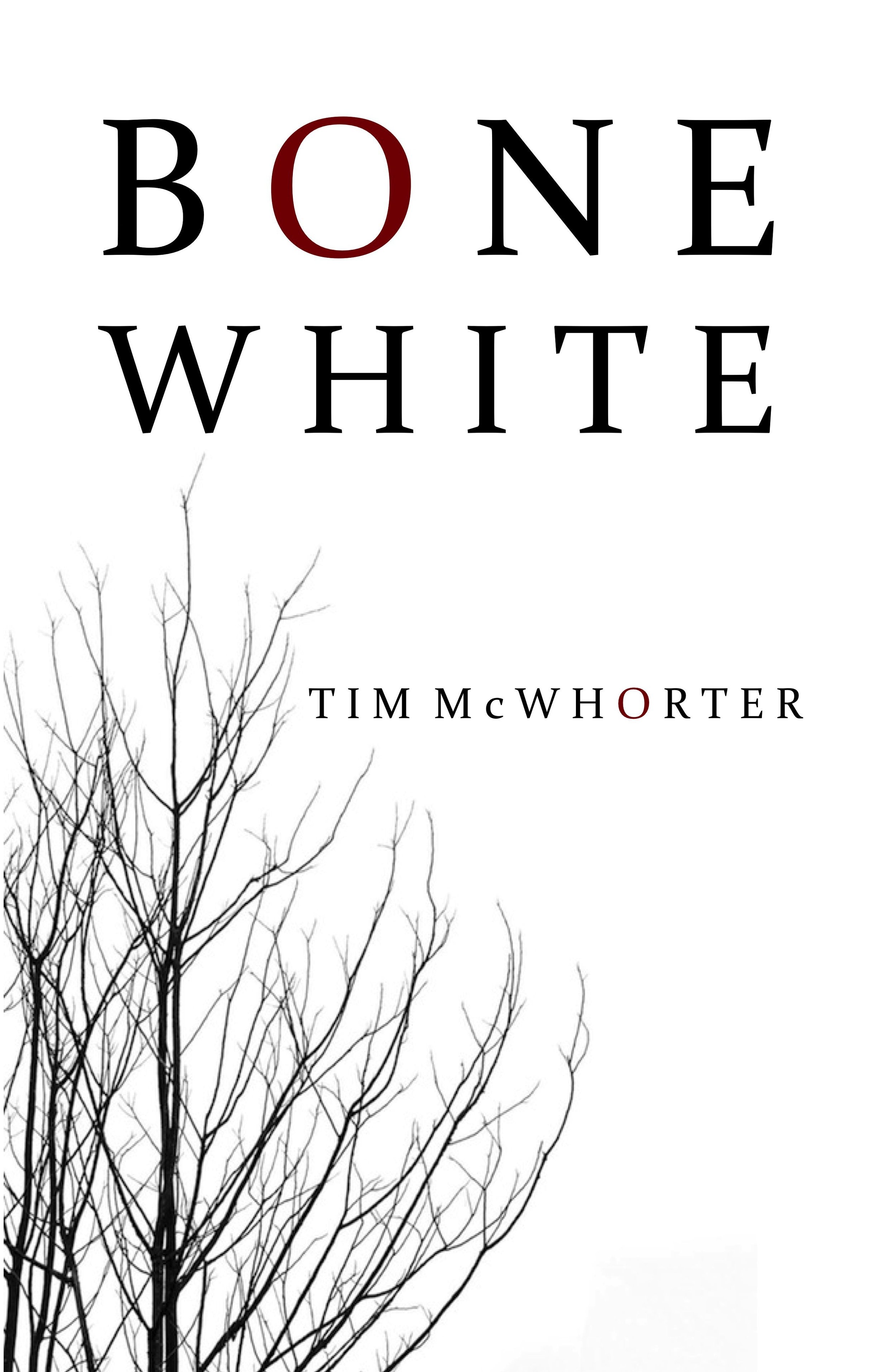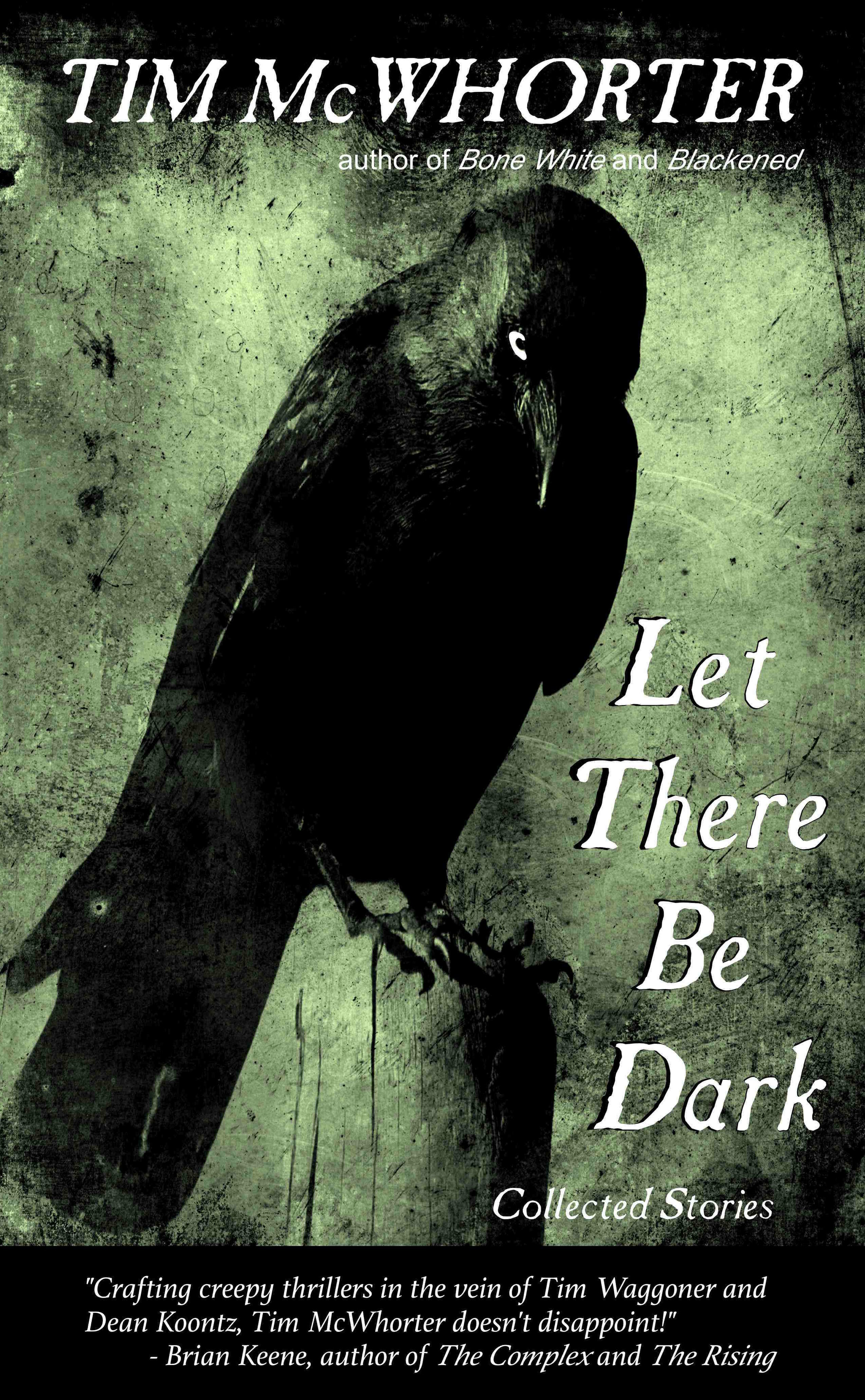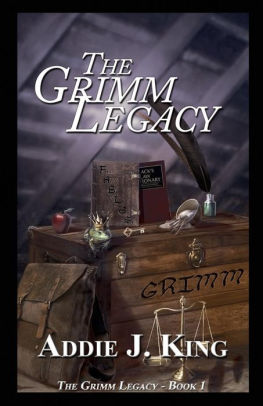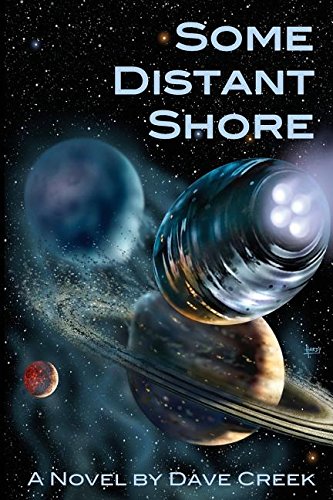Traverse through realms far and wide with seven unique tales from four veteran authors. Sharpen your blades, clean your guns, and never look back.
Umbral Blade Collector's Edition
Alster Lightbridge was meant for great things. Locked away in his father’s estate, he yearns for more than cold stone walls and endless days in his family’s library. He wants the adventure promised by legend—to live up to his namesake: the revered general Alistair the Fourth.
Four centuries ago, Alistair fought and won the First Conquest of the Shades, putting an end to a plight caused by magical beings known as Shadowliths. After the war, his tomb was sealed away, hidden where no one could go, and the magic of Shades was forgotten along with it.
Crippled and alone, Alster is barely a shadow of his mythical ancestor, but that’s all about to change.
Join Alster on the epic adventure of a lifetime in the Umbral Blade Collector’s Edition featuring the complete duology plus bonus content unavailable anywhere else.
Contained within the Collector's Edition:
Umbral Blade 1: Shadowlith
Umbral Blade 2: Mournstead
Bonus Content: The First Conquest of the Shades
Umbral Blade Collector’s Edition is finally ready!
This entire series has been a super long time in the making. For everyone who read Shadowlith back in the day, thank you for waiting!
Interview with Bardlyre, author of Darkhelm!
Thanks for doing an interview, Bardlyre!
Right away, tell us about the name. What does it mean? How did you pick it?
I’m a huge fan of Erikson’s Malazan Book of the Fallen. The character of the Bard, Fisher, especially. When I was looking for a pseudonym, I wanted to channel that energy! Also, as a teacher from the Midlands in England, no higher calling than wanting to be known as the Bard!
What got you into LitRPG?
I accidentally signed up for Kindle Unlimited a few years back and came across all these books that weren’t like anything else I’d read before. I quickly blitzed through all the big names – DCC, DoftF, HWTWM, PH – and then spiralled out into everything and anything else. I really enjoyed the idea of System that ordinary people could use to get access to incredible powers.
How has the experience of writing on Royal Road been? Pros and cons?
As someone who has always tinkered away with stories for an audience of one, the idea of this massive potential audience you can out your work into simply blows me away. The fact that I have people that come back three times a week to see how my thing is going is a huge buzz. Cons? As with everywhere on the internet, there are Trolls at there and people who enjoy causing drama. Such closeness with the audience is an amazing privilege, but it can get pretty raw when someone wants to give you a kicking.
Daine Darkhelm is an awesome character. Her no nonsense attitude and witty inner dialogue are certainly fan favorites of the series. What was her inspiration?
There are far too few older women in fantasy literature and LITRPG especially. I didn’t think the world needed anymore socially awkward, young male powerhouses tearing up the landscape. I was interested in what the end of that hero journey looked like. When you’ve been kick-ass for too long and you don’t really want to keep going. There’s a Bill Hick’s routine I love which he starts with “I've been on the road doing comedy for ten years now, so bear with me while I plaster on a fake smile and plough through this shit one more time.” That’s the stage where we meet Daine.
Tell us a bit about the class system in Darkhelm and how you came up with it.
I liked the idea of Class being via inheritance and being a completely frozen, locked in thing. I think one of my antagonists described it best: For the most part, year after year, Bakers bred Bakers, Stonemasons had little Stonemasons, and so and so forth until the end of time. Then you get the ones who are able to break free of those restrictions – like Daine or Eliud (who seems to be most people’s favourite character – his Class has an unlimited mana pool and is not afraid to use it). I wanted to explore how that sort of rigid social structure was not sustainable.
What are some of your favorite non-LitRPG books, and have any of them influenced your writing?
I mentioned the Malazan novels – seriously, if there’s anyone that’s not read them, they must (after they read Darkhelm, of course). I love Joe Abercrombie and, of course, Brandon Sanderson. I have a room in my house that is basically a shrine to Terry Pratchett…
What’s next on the horizon after the Darkhelm series is finished?
I’ve learned so much writing these books. There’s so many things I look back on and realise a different choice would have created a really different experience for the reader. Looking forward to exploring some different worlds!
You’ve put out a lot of content in a relatively short time. Any writing tips for other authors struggling to meet their word count goals?
Best advice anyone gave me is the killer of most stories is constant rewriting. I write a chapter, get some thoughts from my beta readers, make some changes, proofread then move on. You’ll kill your love for it if you worry it to death!
Read Darkhelm for FREE on RoyalRoad!
Want more LitRPG? Click here!
Umbral Blade 2: Mournstead - Get it today!
The wait is FINALLY over.
An ancient history of magic—rediscovered.
Alster and Elsey have found the tomb of Alistair the Fourth. Four hundred years ago, the mighty general was sealed away in what was supposed to be his eternal prison. Hidden in the mountains, protected by magic, and forgotten for ages…
Not anymore.
The feared magic of shadows has returned to Vecnos, and no one is safe. With the Umbral Blade restored to its rightful owner, Alster and Elsey must seek another artifact—and their journey will send them into Mournstead, the dreaded capital of the east, where a single misstep means death. If they don’t succeed, all of Vecnos will perish under a brutal regime of shadows.
Mournstead is the wild conclusion to the Umbral Blade epic fantasy duology by Stuart Thaman. Brace yourself for the thrilling journey of a lifetime as two friends leave their home in search of long-forgotten adventure.
A look at Bruce Jamison's new LitRPG series: Dead Again
Just over a year ago I found myself working abroad in Türkiye. Away from family and a bit of time on my hands, I had room for a few extra hobbies.
It was toward the end of COVID and traveling still hadn’t completely opened. My job, working out, and studying the Turkish language only kept me busy for so long. I wanted something better to do with my time than streaming and playing video games, so one Saturday morning I grabbed a cup of coffee, fired up my laptop, and started typing.
Before that day I’d never thought about creative writing, but the words just started to flow. Hours turned into days—then into months—as taking the stories from my head and putting them into words became my new favorite activity.
I always feel strange when I tell people that I just decided to start writing one day out of the blue, but that’s what happened, and that’s the first thing I learned about writing:
It doesn’t matter what you write, as long as you’re writing something.
Take the thoughts in your head and make them tangible. Whether it’s a notebook and pen, a typewriter, a voice recorder, or, in my case, a laptop, only you can get the story out of your head and make it real.
It doesn’t have to be coherent, and it definitely doesn’t have to be perfect, but the more you write, the easier it is to keep up the process. If found that one of my favorite things to do was wake up early and read whatever whiskey-induced things I had come up with the night before. Some of them were genius or hilarious, but most were garbage. However, as the days ran on, the sporadic concepts started to meld together into something resembling a story.
I let a few of my friends read it, and they gave me the encouragement to see it through to the end.
Finally, as I got on the plane to come home to my friends and family, I typed the final scene. I had done it. I had written a book. It wasn’t pretty, but in 80K words, I had created a fantasy world like the ones from J.R.R. Tolkien and Lloyd Alexander that I had worn the pages off as a child.
That was the easy part. When I started writing, I had no intention of ever publishing, but since it was done, I wondered if anyone else would enjoy reading it. There was a problem, though. If I wanted to get my book out there, I would have to get it published, but that concept was as foreign to me as Türkiye was when I first arrived.
With a lack of knowledge, I did what any good millennial would do… I turned to Google. For weeks, I read through every blog, website, and anything else that offered advice on getting my work out there. The more I learned, the more I realized I was unprepared to take on the task myself. Thousands of dollars on several different types of editing, working through social media to develop a following, and competing with thousands of other authors just in the fantasy genre were just a few of the daunting tasks before me.
I needed help, and that’s where I learned my second lesson:
Put yourself out there as much and as often as you can.
I don’t remember how many agents and publishers I reached out to, but I know it was a lot. It took a bit of digging, but the internet had no shortage of agencies accepting submissions.
Most didn’t respond back. A hand-full gave a simple thanks-but-no-thanks. Even a few foreign publishers seemed interested, but I wasn’t ready to navigate those waters.
When I had just about given up hope and started looking into self-publishing, my current publisher, Nef House, asked for the full manuscript. I was beyond excited and within a week, they read my story and came back with a suggestion: We like the book, but have you thought about making it a LitRPG? For those who don’t know, LitRPG stands for Literary Role-Playing Game.
I had read a few LitRPGs and as an avid D&D player, I was familiar with the concept, though completely re-writing my novel was not something I was prepared for. However, the more I thought about it, the more what I had created seemed like it was begging for the RPG elements to be added in.
I realized that if I was writing a story that I wanted other people to read, I needed my book to realize its full potential.
Don’t be afraid of major changes—take the opportunity to make your story better.
I resolved myself to make the book as enjoyable for the reader as possible, so I hunkered down and spent two months changing my novel into a LitRPG. I proudly submitted my updates and started working on books two and three, but the process was far from complete.
Remember when I said I was an amateur author that had never considered creative writing? That was painfully obvious when I got back my line edits. I thought I was at least a somewhat decent writer, but it seemed like every single line had something wrong with it. My spelling, grammar, and punctuation were terrible, but those were the easy pieces to fix. Some of the feedback pointed out major loopholes. Other parts of my book that I thought were crucial actually took more away from the story than they added.
Based on that feedback, here’s the fourth thing I learned:
It’s an incremental process. Embrace the criticism and grow.
I had never had someone take so much time to help me hone a skill—and believe me, writing is a skill. As an engineer, technical writing came easy to me; it’s complicated, but linear and direct. Creative writing is a different monster all together. Character development, engaging dialog, and simply putting the fantasy world in your head into writing are all complicated aspects on their own. Keeping them consistent through an entire novel was a huge weak point for me. However, I learned more in a month fixing those line edits than I had through grade school and multiple college degrees.
My publisher worked with me to turn my book into something that I can be proud to share with the world. I’m now two months out from my release and couldn’t be more excited to have my story out there.
As of this writing, I’m powering through the first drafts of books two and three, and I’ve started writing two separate books in the Sci-Fi and Urban Fantasy genres. I still wake up every day excited to put the thoughts in my head into my laptop and inch my way toward another release.
Bruce Jamison is a debut author with Nef House Publishing with his first release: No Sun Under the Mountain, Dead Again: Book 1. You can reach him at brucejamisonbooks@gmail.com
Henry already died once. Does he really need to do it again?
Now he's a skeleton with a stat sheet, skills, and an insatiable desire to kill humans. Lurking in the very depths of his bleached skull, some remnant of his old self still remains—and it wants to break free just as badly as Henry wants to figure out how he's a skeleton in the first place.
And Henry isn't the only one. Other skeletons are gaining sentience all over Jallfoss. Is there any way back? Any way to break the curse that holds all of Jallfoss in its icy grip?
More humans are coming, and if Henry doesn't learn how to keep himself alive, none of it will matter.
Umbral Blade 2: Mournstead
The manuscript has been sent to the editor. Finally. We’ve waited so long.
The Umbral Blade series was always intended to be a duology with only two installments. After an arduous wait, Mournstead is getting extremely close to being ready. It will be out by Christmas, and we’re also working on a very cool Collector’s Edition with some special art and other goodies packed inside!
Stay tuned for more updates, and in the meantime… grab a copy of the latest edition of Shadowlith!
Umbral Blade 1: Shadowlith - Relaunch Complete!
An ancient history of magic. An epic journey to find it.
Alistair the Fourth was a mighty general from a long-forgotten war. Four hundred years later, Alster Lightbridge is barely a shadow of his legendary namesake. Crippled and confined to his family’s estate, he spends his days dreaming of something larger than himself—something worthy of his name.
Encouraged by his tutor to explore the Lightbridge archive, Alster discovers a magical dagger with the power to cleave shadows from their bodies. Blade in hand, Alster finally understands his purpose, though he needs to find a four-centuries-old grave in order to fulfill it.
Shadowlith is the critically acclaimed first installment to the Umbral Blade duology by Stuart Thaman. This new 3rd edition version from Nef House Publishing features a highly polished manuscript with minor adjustments to the original text while preserving all of the grand adventure that fans around the globe loved at original release.
The best of the best — Xena: Warrior Princess
One of my all-time favorite shows, especially when I was growing up, was Xena: Warrior Princess. What makes it so good? And is there anything out there like it?
Xena: Warrior Princess is an iconic television series that aired from 1995 to 2001. The show follows the adventures of Xena, a former ruthless warrior who seeks redemption by fighting for good in a fantasy world inspired by ancient Greece.
Xena is portrayed by Lucy Lawless, who became a cultural icon for her portrayal of the fierce and powerful character. Xena is known for her exceptional fighting skills, her intelligence, and her unwavering dedication to her friends and allies. Sure, Xena suffers from a lot of unnecessary fan service and “chainmail bikini” stereotyping, but I can look past that. The plots are cool enough that I really think the show took off in spite of the sex appeal rather than because of the sex appeal.
Throughout the series, Xena battles various villains, including warlords, gods, and mythical creatures. Interestingly, most of the plots and battles are actually based on real historical events or actual Greek mythology / folklore. She is often accompanied by her sidekick, Gabrielle, a former village girl who becomes a skilled fighter in her own right.
One of the unique aspects of Xena: Warrior Princess is its depiction of strong, complex female characters. Xena and Gabrielle's friendship is central to the show and is portrayed as a powerful bond that can withstand any challenge.
Xena: Warrior Princess has become a cultural touchstone for many fans, and its influence can be seen in subsequent television shows and films. Its message of redemption, empowerment, and loyalty resonates with audiences to this day.
The show is a groundbreaking television series that broke barriers with its depiction of strong female characters and compelling storytelling. It remains a beloved show that continues to inspire and entertain audiences around the world.
If you liked Xena, what else is there to watch?
You might enjoy these other TV shows that are similar in genre or style:
Hercules: The Legendary Journeys: This show was a spin-off of Xena and shares the same fantasy-adventure genre. It follows the adventures of Hercules, who is played by Kevin Sorbo, and features similar themes of mythology, action, and humor.
Game of Thrones: This HBO series is a darker and more violent take on the fantasy genre. It features complex characters and political intrigue in a fictional world filled with dragons, magic, and epic battles.
Buffy the Vampire Slayer: This show also features a strong female lead and mixes action, horror, and humor in a supernatural setting. It has a similar focus on the relationships between characters and features a blend of episodic and serialized storytelling.
Legend of the Seeker: This show is based on the Sword of Truth series of books by Terry Goodkind and features a similar mix of action and fantasy adventure. It follows a young woodsman named Richard Cypher as he teams up with a powerful sorceress to battle evil in a magical world.
Merlin: This BBC series is a retelling of the Arthurian legend and features a young Merlin as he navigates a world of magic, politics, and danger. It has a similar mix of action, adventure, and humor as Xena and features a strong ensemble cast.
Overall, if you enjoyed the action-packed adventure and strong character dynamics of Xena: Warrior Princess, these other TV shows are definitely worth checking out.
Want more strong female leads?
The punishment for vampirism is to be burned at the stake.
Necromancers, should they be captured, are hung.
I am both.
My master bestowed upon my shoulders a monumental task, one that has become my life's ambition. Should I fail, at least I will burn with a smile on my face, knowing that I did not live by my father's rules, the life he would have forced upon me as his heir. I have brought a legion of slaughter to the foot of the altar where I will soon carve my destiny, and I know that more bloodshed will follow.
I welcome every drop.
Read or listen today!
History of Fantasy Fiction
When did fantasy fiction start?
Fantasy novels have been around for centuries and have captivated readers of all ages with their imaginative worlds, magical creatures, and epic battles between good and evil. The genre has a rich history that spans back to ancient myths and legends, but it was not until the 20th century that it became a recognized literary genre.
One of the earliest examples of fantasy literature can be found in ancient myths and legends from around the world. These stories often featured gods and goddesses, monsters, and heroes with supernatural powers. One of the most famous examples is Homer's epic poem, The Odyssey, which tells the story of Odysseus and his journey home after the Trojan War.
In the 19th century, authors such as Jules Verne and H.G. Wells wrote science fiction stories that included elements of fantasy. Verne's Journey to the Center of the Earth and Wells' The Time Machine are examples of early science fiction novels that featured fantastical elements.
However, it was not until the 20th century that fantasy literature became a distinct genre with its own conventions and tropes. The publication of J.R.R. Tolkien's The Hobbit in 1937 and The Lord of the Rings trilogy in the 1950s is often credited with establishing fantasy as a popular genre. Tolkien's epic tales of Middle-earth introduced readers to a fully-realized world filled with dwarves, elves, orcs, and other fantastical creatures.
Other notable fantasy authors from the mid-20th century include C.S. Lewis, who wrote The Chronicles of Narnia series, and Ursula K. Le Guin, who wrote the Earthsea series. These authors helped to establish many of the conventions of the genre, such as the use of magic, mythical creatures, and epic quests.
In the latter half of the 20th century, the popularity of fantasy novels continued to grow, with authors like Terry Brooks, George R.R. Martin, and J.K. Rowling becoming household names. Today, the fantasy genre remains popular with readers of all ages, and new authors continue to push the boundaries of what is possible in fantasy literature.
What’s the best of the modern era?
Fantasy literature has always captivated readers with its vivid imagination, epic battles, and enchanting creatures. The 20th century was a prolific period for the genre, producing many classic works that have endured the test of time. In this article, we will explore some of the best fantasy novels of the 20th century that have captured the hearts of millions of readers.
The Lord of the Rings by J.R.R. Tolkien First published in 1954, The Lord of the Rings is an epic high fantasy novel that follows the journey of hobbit Frodo Baggins as he sets out to destroy the One Ring and defeat the evil Lord Sauron. The novel is set in the fictional world of Middle-earth and has been widely praised for its world-building, character development, and rich mythology. The Lord of the Rings has influenced countless works of fantasy and remains one of the best-loved and most-read novels of the genre.
A Song of Ice and Fire by George R.R. Martin A Song of Ice and Fire is a series of epic fantasy novels that began with A Game of Thrones in 1996. The novels are set in the fictional world of Westeros, where the noble houses battle for control of the Iron Throne. The series is known for its intricate plot, well-drawn characters, and unexpected twists and turns. The television adaptation of the series, Game of Thrones, has brought even more attention to the novels, making them some of the most popular works of fantasy of all time.
The Chronicles of Narnia by C.S. Lewis The Chronicles of Narnia is a series of seven fantasy novels that were written between 1950 and 1956. The novels follow the adventures of a group of children who are transported to the magical land of Narnia, where they encounter talking animals, witches, and other fantastical creatures. The novels are known for their Christian themes, but they have also been praised for their imaginative world-building and compelling characters.
The Earthsea Cycle by Ursula K. Le Guin The Earthsea Cycle is a series of fantasy novels that began with A Wizard of Earthsea in 1968. The novels are set in the world of Earthsea, where magic is a central part of life. The series follows the story of the young wizard Ged, as he rises to power and battles the forces of evil. The novels have been praised for their nuanced portrayal of magic, their complex characters, and their exploration of themes such as power, identity, and mortality.
Harry Potter series by J.K. Rowling The Harry Potter series is a seven-book series that began with Harry Potter and the Philosopher's Stone in 1997. The series follows the story of Harry Potter, a young orphan who discovers that he is a wizard and attends the Hogwarts School of Witchcraft and Wizardry. The series has been praised for its imaginative world-building, well-drawn characters, and themes of friendship, loyalty, and courage. The series has become a cultural phenomenon, inspiring a generation of readers and spawning a massive franchise that includes movies, merchandise, and theme parks.
The 20th century was a golden age for fantasy literature, producing many classic works that continue to captivate readers today. The novels on this list are just a few of the best examples of the genre, but there are countless others that are equally worthy of attention. Whether you are a long-time fan of fantasy or a newcomer to the genre, these novels are sure to transport you to magical worlds filled with adventure, danger, and wonder.
Ready for more?
Stuart Thaman is a fantasy author who has been making waves in the genre with his unique and imaginative storytelling. His novels feature complex characters, detailed world-building, and exciting plots that keep readers on the edge of their seats.
Book Signing at Chaotic Good, Lexington, KY!
Unsheathed has an audiobook!
Unsheathed: An Epic Fantasy Collection
Draw your blade.
Fasten your armor.
Prepare for war.
The Unsheathed collection brings to life nine powerhouse tales of epic fantasy filled with daring duels, gruesome slaughter, and the ringing cacophony of battle.
“A diverse anthology of unique fantasy. Left me wanting for expansion to full novels!” - Amazon Review
Umbral Blade 2: Mournstead
I’m getting close!
I know there’s been a long wait since Shadowlith came out. Quite a few years, actually. Originally, I just didn’t know where I wanted to go with book 2. I wrote myself into a bit of a complex corner. Oops.
But that’s behind me now! I’ve moved past the blocks, and the book is coming along nicely.
So when will it be done???
I DON’T KNOW! Soon, I hope. I’m sitting just shy of 50k words right now. I’m planning on this book being just a tad bit longer than book 1, so maybe 75k - 90k. We’ll see when I get there. In all honesty, I really hope to have it at least in edits by the summer. That’s rapidly approaching. I think I can do it.
Anyway, that’s the update. Sorry for the delay!
Oh, and I’m planning on releasing a really cool combined duology edition as well. Maybe a hardback? I don’t know yet.
Umbral Blade 2: Mournstead - teaser!
Umbral Blade 2: Mournstead
Chapters 1 and 2 teaser
Chapter 1
Unfinished
A single corpse was left behind. Two armies, marching more or less together, left it behind to rot. Palos, the Lord of Lightbridge, his head crushed to a bloody smear, hadn’t been buried. Captain Holte had let the thought cross his mind once or twice, but it hadn’t been worth it in the end. The air was dry, the sun was hot, and the men were restless. There hadn’t been the time for a proper burial, and Holte wasn’t sure the man had deserved one. But no, that wasn’t exactly true. Holte knew there was plenty of time. After all, burying a solitary body didn’t take much time with so many able backs available for labor. The crows would come, and they would feast on Palos’ broken flesh until there wasn’t anything left but bone and bits of fine-spun clothing.
Shaking his head, Holte had turned from the sight of his lord’s rotting body.
“A bastard of a man,” one of Hademar’s soldiers had said upon viewing the corpse just moments before. Holte knew the judgement had been correct. That same resentment was shared among all the men like a dark storm cloud misting their minds. With Palos dead, the cloud hadn’t dissipated at all, though perhaps it had changed. When they returned to the west, King Gottfried might handle the death of a lord and member of his court much differently than Hademar. In the back of his mind Holte wondered if returning to his home would be just a long march to his own grave.
Other ideas soon came to take up residence in his thoughts as he marched. Some of them were useless, others intriguing, but either way they helped to pass the long hours in silence.
*****
When the tomb of The Shadow King was three days behind them, Alster and Elsey felt a bit lost amidst the host of soldiers travelling on either side. Hademar’s small force had taken quite well to the two, but the royal force from Karrheim, clean shaven and brightly arrayed in blue and white, kept their distance, a bit of trepidation on their faces whenever he caught a glimpse of Alster. He was, more than anything, the boy who had slain their lord. Regardless of the fear between them, the two groups marched at a steady pace, both eager to return to the west, though for far different reasons.
It was close to dusk when the combined force made it out of the Red Mountains and back onto flat ground. Hademar’s soldiers remained half a mile or so behind the contingent commanded by Captain Holte, their older legs slow and tired on the hard-packed red soil. The men knew their epic campaign had come to a conclusion, and the weight of all their trials was finally catching up to them.
Somehow unfazed by the events at the tomb, King Hademar bore the journey with a uniquely positive demeanor—perhaps even a newfound spring in his step. He didn’t talk to many people as he marched or rode his horse, though there were always words on his lips, almost all of them directed toward his deceased wife several hundred miles away. When the wind shifted just right, everyone in the column could hear his exclamations, though no one could truly say they understood. Most only shook their heads. Alster wondered if the mad king would succeed and bring his wife back from the dead. Regardless of what would transpire, he hoped more than anything that the man’s mind would eventually find peace.
“Do you miss any of it?” Elsey asked quietly from Alster’s side as the sun made its slow descent, casting long shadows behind them toward the Red Mountains.
“My father?” Alster had been focused on Hademar, and he had to remind himself of what Elsey was probably referring to.
“No,” Elsey was quick to correct. “Just your old life. Do you miss the estate? Who you used to be?”
Alster had to think for a long moment before answering. His mind reeled with memories, and most of them were less than enjoyable. “I don’t think so,” he finally said.
“I do.”
“Who do you think you are?” Alster asked with a bit of apprehension. He could see something playing behind Elsey’s eyes in the waning light, and he had no idea what it was. Anger? Longing? Confusion? Whatever it was, it scared him. Elsey was always the strong one, the confident one. Never him.
“I… killed someone,” she quietly answered. “I know it wasn’t murder, not like that, but… I can’t stop thinking about it.”
“El—”
“How do you get it out of your head?” she asked all at once, meeting Alster’s gaze with an expression so full of pain it made him wince.
“You just have to stop thinking about it,” was all Alster could say. In truth, he hadn’t thought much about the patricide he had so willingly committed. Killing Palos had been a moment of release, one that had brought a palpable rush of joy, not something he had grown to regret. But he knew Rai’s death was different. He hadn’t seen it happen, but he knew.
“I can’t stop,” Elsey murmured. “Whenever I close my eyes, I see Rai’s frozen body next to the ocean.” Her eyes shut tight, she took a moment to collect herself before pressing on. “You killed your own father, and you keep going as though nothing has happened.”
Alster shook his head. “There’s nothing you can do about it,” he told her. “Rai is dead, and it really doesn’t matter how. He could have frozen to death just as easily as you pushed him. It doesn’t matter.” To himself, Alster began to silently wonder if he would ever grow to regret what he had done. It had only been a few days. Perhaps in time the weight of it would crush him.
“I’m a killer. And that’s exactly what someone would expect from a shadowlith…” Elsey’s voice trailed off as Ingvar approached from behind, walking steadily with his horse’s reins in his hands.
“You’ll be off to Mournstead?” the old lieutenant asked. His beard still had a bit of blood crusted in the fibers.
“To find a soul prison, whatever that is,” Alster responded. “Do you know what one looks like?”
Ingvar shook his head. “I have no idea, truth be told. But I’ve spoken to the king about you two, and I’d like to accompany you to Mournstead, if you’d have me along.”
“Why would you want to go there?” Alster asked.
“I suppose for many of the same reasons you two want to go,” Ingvar said with a long sigh. “Vecnos needs another savior, or it will soon enough. I don’t think that person will be me, but I’d like to help any way I can.”
“The last person who tried to help us is dead now,” Elsey cut in.
Ingvar halted a moment to regard her, looking for some indication that her words had been meant as a joke or something else. When all he found was hostility spread across the young woman’s face, he turned back to Alster. “I’m aware of the risks,” he said with determination.
“Then you’re free to come with us, I suppose,” Alster said. “You’ve been to Mournstead, haven’t you?”
“I have,” Ingvar answered with a nod.
“What’s it like?”
Ingvar thought for a moment before responding. “Dark. Everything there is dark and dreary. This… haze,” he mused, gesturing to the specks of black clinging to the air all around them, “it’s everywhere in Mournstead. Shadows envelope the city, and even in the brightest hour of morning, it still feels like the world is dead. We spent several days in and near the place after returning from Nevansk, and every hour brought a little erosion to the edges of my mind. I could feel myself slipping away. The haze certainly didn’t do any King Hademar any favors.”
Alster didn’t realize he had stopped walking, so caught up in Ingvar’s retelling as he was. “You’d willingly return?” he asked, taking a few quick steps to get back in line with the other two.
“Vecnos is my home,” Ingvar declared. “All of it. The east and the west are all Vecnos, and everything will fall apart if The Shadow King returns. I swore an oath to defend this country. In the past, that meant duty to my king. Now, my oath means the preservation of the people on both sides of the rift. I can better serve that oath with you two in Mournstead than I can by returning to the west.”
“Do you think we can save them all?” Alster asked. The moment the words left his mouth, he suddenly dreaded what the answer might be.
“I don’t know, Alster,” the old man conceded. He brushed a hand through his tangled beard.
Alster looked north toward Mournstead. “All I wanted to do was find Alistair’s tomb. I never asked to save the world. I just wanted to see the tomb and know that it was real. I wanted to have a past I could believe in. Now I’ve doomed us all. I’m going to die in the east. An orphan.”
Almost out of nowhere, Ingvar started to laugh. He slapped Alster on the back with a meaty hand. “With all that armor, you don’t have anything to worry about, kid.”
“Besides,” Elsey added, “you’re a Lightbridge. Saving the world from abominations like me is kind of your thing, right?”
*****
When night fell, Alster’s legs ached. He hadn’t ridden his stolen horse much, opting instead to test the strength of his newly forged limbs, and a bit of his old sadness crept back into his mind like a long-lost friend’s greeting after several seasons away. Alster rubbed the muscle along the sides of his legs, and they panged in response to his touch. “Still there,” he told the pain.
He smacked his leg hard with a nearby rock, and his left thigh flared briefly with a hint of Alistair’s armor, preventing the new pain from being added to the ever-present soreness. “Still there,” he said a second time. The budding smile on his face continued to grow as he hit himself a second time, again eliciting a flare of dull red that blocked the blow.
Across the sputtering campfire, Elsey watched Alster’s movements with one eye finding light from the side of her thin blanket. Deep down, she feared everything about Mournstead. Especially when she thought about entering the city herself, she found her mind lurking closer and closer to Alster’s armor. She knew he would protect her if anything happened, there wasn’t the slightest doubt in her mind of his loyalty and friendship, but his wondrous armor was useless against the turmoil swirling through her thoughts from within.
*****
After several more days of marching farther and farther from the towering Red Mountains, the time came for Alster, Elsey, and Ingvar to turn north while the rest of the men continued west toward the Rift and their homes. The three of them each had a horse, and Ingvar’s steed was laden with supplies, but none of it did much to relieve the unease of watching the column continue on without them.
“You’re sure about coming with us?” Alster asked from the back of his stolen horse. Even though he had ridden the animal for so long, he still felt a sense of dishonor toward its origins and regarded it as stolen.
Ingvar nodded. “We shall do what is best for the realm,” he replied. When he spoke of such lofty ideals and higher purposes, Alster couldn’t help but imagine him as a knight clad in armor flying Alistair the Fourth’s glittering banner.
Even more, Alster believed the man’s conviction. He saw a fire in Ingvar’s eyes, a passion he had never seen in anyone before, and it managed to push most of the doubt from his mind. Most of it, but certainly not all.
Not far away, King Hademar sat on the back of his own horse amidst a retinue of his retainers. Beyond them, the commingled force waited for the command to set off once more. “I’ll miss you, my friend,” the mad king called to his closest companion.
Ingvar bowed his head and placed a hand over his heart. “So long as I take breath, you have my sword, my liege,” he said solemnly. “I only leave with your permission, and when my task is finished, I will return to your side once more.”
Hademar smirked, an expression that struck Alster as odd for the somber occasion. “I have no doubts concerning your loyalty, Ingvar,” the king said, his eyes wandering.
“Thank you, sir.”
“And when Petra is safely back in my arms, we shall dine together in Whitecliff!” King Hademar added cheerfully. He turned his horse from the three, not waiting for anything more, and trotted off toward his men.
“Well,” Ingvar began, “shall we?”
“How far is Mournstead?” Elsey asked. The morning wind was strong, and it whipped her long hair around her mouth as she spoke.
Ingvar tightened his grip on his reins. “Two weeks, maybe less if we move quickly,” he answered.
The two turned to their right, to the north, almost in unison, and Alster thought he caught a glimpse of bright red in his friend’s otherwise deep crimson hair. He thought of his own eyes, of what Elsey had said about them, wondering if The Shadow King’s tomb had changed them both somehow. He wondered if the people in Mournstead looked like him. He knew most of them would share Rai’s features and accent, but he worried he would appear too much the outcast. If they thought he was a spy, there was still more than enough bad blood between east and west to lead to trouble.
Urging his horse forward, Alster had to stifle a laugh. All his life he had been an outcast, a crippled son of a noble lord. Trying to conjure up methods for blending in was a completely foreign concept, and one that struck him as nothing short of comical. Still, he knew that his eyes, should they ever catch the sun just right to glint with red, would give him away as a shadowlith, or whatever it truly was that he had become.
As the three rode northward, Alster found his right hand instinctively drifting toward the place on his belt where he used to keep Alistair’s dagger: the Umbral Blade. Something he had once thought to only exist in legends. The weapon’s absence sent an unsettling chill through Alster’s spine that he could not shake. Part of him felt like giving the blade over to its original possessor had been a mistake. He hoped desperately that he would not need to fight against shades once more, though he knew he was foolish. Mournstead was the epicenter of shadow magic. He would ride into its pitch-black heart before long, and no matter where he had chosen to go since leaving the estate, shades had always found him.
Mournstead would be no exception.
Chapter 2
Refuge
It only took eight days for Alster, Elsey, and Ingvar to reach the outermost limits of Mournstead. They hadn’t seen any signs of human life along the way, and the utter absence of civilization had been unnerving to all three. The landscape south of the city was almost exclusively barren, though the empty husks of dead vegetation sprang up in occasional bursts, breaking the bleak monotony of the trek with dry, black fingers like rotten hands pointing into the hazy sky.
When they had still been two days from the farthest reaches of life, Alster had noticed the thickness hanging about the air. His breathing had become shallower, and he had needed to spit globs of blackened saliva from his mouth every few hours as the suspended particulate had found its way to his mouth. With a bit of his shirt lifted up to cover his lips, he had managed to keep most of the darkness from entering his body, and for that he was thankful. The black hanging in the air had a subtle, foul taste that he couldn’t quite describe. Though he had never been poisoned, he likened it in his mind to willfully inhaling toxic particles. The more he considered it poison, the more his body fought to make him spit it out, but ingesting the air was unavoidable. The closer he travelled to Mournstead, the worse it became, and the more he wanted to turn back.
“There,” Ingvar announced, lifting a hand to indicate the single building interrupting the otherwise perfectly unbroken horizon. They had officially arrived at Mournstead.
“Does anyone live there?” Alster asked.
Ingvar nodded. “Almost certainly,” he said. “Look around you. A lot of the east used to be inhabited with cities, farms, villages, and everything you have back in the west. Then, as the legends go, everyone moved to Mournstead as the years went by. They abandoned their homes and their farms, and the structures themselves fell apart. If anything is still standing, it likely means someone lives there currently, or else it would be gone to time as well.” He swatted at a particularly dark patch of haze lingering near his face. “Maybe whatever is in the air has something to do with it.”
“How safe is it to breathe?” Elsey asked from the man’s right. She had her shirt pulled up to her mouth as well.
Ingvar let out a single, sharp laugh. “Probably not at all,” he admitted. “But we don’t have much of a choice, do we?”
“Do people in the city wear anything over their faces?” Alster wondered.
“Not that I ever saw,” Ingvar answered. “Maybe it kills them, maybe it doesn’t. But either way, I’ve never seen someone trying to actively avoid it.” Unlike Alster and Elsey, Ingvar had not fashioned any kind of mask for himself, though he still had to lean over in his saddle to spit just as often as they did.
Alster saw more and more buildings as they drew nearer to Mournstead. Each one they passed was decrepit and barely standing, showing extensive signs of repair as though each and every day was a constant struggle to keep the roofs from collapsing. Some of the small homes had quaint patches of tilled land next to their walls, and even in those micro-farms the vegetation was sparse. After they passed a group of several shacks all leaning against each other, Alster finally saw one of Mournstead’s citizens out in the open. He was an old man, stooped with age and supporting himself with a cane, his fiery red hair gone almost entirely to silver.
“He’s watching us,” Alster said, flexing his hand over the space where the Umbral Blade used to be tucked into his belt. “Why? Are we that conspicuous?”
“Just let him be,” Ingvar casually remarked. “He’s only curious. They don’t get many travelers here, as you can imagine.”
Finally, after traversing several miles of sparsely populated outskirts, the road beneath their horses became something close to substantial, though it was still a far cry from the well-maintained thoroughfares of the west. Alster saw what he believed to be broken statues lining some sections of the road. Many of them had been reduced to square bases with feet broken at the ankles and worn smooth by the weather. He imagined the city must have been grand at one point, perhaps as spectacular as Karrheim, and he longed to know what that old grandeur had been like.
The city itself—once the trio reached its proper center—was sprawling and densely packed with buildings, though only a handful reached more than a single story into the air. The buildings also lacked any semblance of formality. There were no walls or gates, no guardhouses to facilitate policing the populace, and most of what appeared to be businesses lacked the typical adornments indicating their purpose. Where Karrheim was rigidly organized and meticulously maintained, Mournstead was the exact opposite, like a city occurred in the middle of the vast plains by accident.
“Where should we go?” Alster asked hesitantly. Some of the nearby people, their pale skin covered in splotches of dark dust, were staring at the newcomers with apprehension on their faces. The one thing they all had in common was that they were armed, and their hands weren’t far from the blades at their sides. Travelling in the west, friendly faces often outnumbered those looking for trouble by a wide margin. In Mournstead, the opposite was true. Everyone was on edge. Everyone looked like they were a single provocation from murder.
Ingvar let out a sigh. “I’m not exactly sure,” he admitted. “Perhaps to the governor? Truth be told, the government in Mournstead is much more fluid than in Karrheim. I’m not even sure they have a governor. Still, someone must be in charge, and they might be able to help you find what it is you seek.” He urged his horse toward the very center of the city, and Alster and Elsey followed closely behind.
“These people don’t look friendly,” Elsey whispered.
Alster nodded. “Stay close,” he quietly replied.
They rode for quite some time through the dirty, black-marked streets of Mournstead, twisting and turning their way toward the center. Deeper in the heart of the town, the majority of buildings they passed were full of people, usually drunk people, and Alster felt like the only industry Mournstead had to speak of was its booming alcohol trade. He noticed a distinct lack of almost everything else. There were no blacksmiths’ forges spewing smoke into the hazy air, no bakers displaying their various breads in beaded glass windows, and no markets bustling with farmers trading produce and meats. Metallic tubes reached up at odd angles from ramshackle huts all over the place. They belched white steam into the hazy, dark air, and the new clouds smelled heavily of booze.
“What do the people eat here?” Alster wondered loudly enough for Ingvar to hear. They hadn’t passed any farms large enough to feed more than a single family, and they hadn’t seen a single livestock animal either.
“Anything they can get their hands on,” the grizzled captain said over his shoulder. “Mournstead trades somewhat with Nevansk in the north, though foreign goods are incredibly expensive. But boiled shoe leather, with the right spices, is edible, or so I am told. And there are a handful of small farms on the eastern side of the city. Everything they grow is covered with the darkness clinging to the air so the crops aren’t very large or bountiful, but the people eat. When the stores get particularly low, I’m sure some of them even eat each other.”
Alster shuddered at the thought. There was no way for him to know if Ingvar was telling the truth or trying to make a joke. Either way, he made the rapid determination that he hated Mournstead. The sooner they left, the better. He saw a red-haired woman exiting one of the pubs with an infant child in her arms, and he couldn’t keep his mind from imagining the mother becoming desperate and eating her own offspring like some sort of wild animal.
Images of barbaric cannibalism had barely faded from Alster’s mind when they arrived at the collection of stone and wooden huts that Ingvar thought served as Mournstead’s administrative center. There wasn’t much to the compound, but a small handful of soldiers positioned haphazardly out front with spears and short swords told them the building was at least important.
“What must be done to gain an audience with the governor?” Ingvar asked as he reined in his horse, completely forgoing all formality.
An old soldier with black soot in his beard looked up from his boots with a grimace on his face. “What’s this about?” he demanded, brushing a bit of red hair from his face. The man didn’t correct Ingvar’s assumption about the building’s use, so he figured he had guessed correctly.
“I need to speak with the governor about something important,” Ingvar said.
“You’ll need to give me more than that,” the guard replied.
“Please, sir, I have urgent business, I assure you.”
The guard held out his hand expectantly. “You’ll need to give me more than that,” he repeated.
Ingvar shook his head and flipped open one of his saddlebags momentarily, then realized he had nothing with which to bargain. “What do you have?” he asked Alster and Elsey.
“We have some silver,” Elsey said, proffering her coin purse but not opening it. Her eyes darted from guard to guard, though none of them looked particularly suspicious, at least by comparison to everyone else in Mournstead. Everyone was suspicious, and that basically made none of them suspicious at the same time.
“Bah,” the guard spat. “Your filthy western coins aren’t going to get you far here, stranger. Mournstead runs on more useful things. Take your money elsewhere.”
Elsey put her bag away on the inside of her belt, feeling defeated. “We need a shado—”
“What is it you need?” Ingvar said loudly, cutting off Elsey before she could give them away or draw any unwelcome attention.
The guard shifted his weight from side to side, a smile showing beneath his matted beard. He eyed Elsey with a bit of a leer. “A pretty lass like that would certainly be worth a lot,” the man declared.
Alster felt a wave of hot anger suddenly spring to his mind. He flexed his hand, and a bit of red light began to shine out from between his knuckles.
“She’s not for sale!” Ingvar yelled back. He was still in front of Alster, and he turned his horse sharply to the side to be off, his mouth falling open at the sight of the boy’s armor returning.
“Get out—”
“Alster!” Ingvar shouted. Things were getting out of hand far too fast for him to get control of the situation. He moved his horse directly next to Alster’s and slapped the boy hard across the cheek. “Knock it off!”
The light faded, and Alster let his anger dissipate, though the flesh beneath his left eye stung.
“Let’s go,” Ingvar reiterated in no uncertain terms. He led the trio once more, keeping watch on the other two to ensure their obedience. When they were a fair distance from the city center, he spoke again. “We need to find somewhere that will take silver to stay for the night. Mournstead is dangerous, and doubly so with you shining your red light around and drawing attention.”
Alster hung his head. “I’m sorry,” he muttered.
“Don’t be,” Elsey added. Her voice was strong and fierce, conveying more venom than she had intended.
“No,” Alster interrupted. “I shouldn’t be so careless. I don’t know what came over me. I… I just got so mad. I wanted to kill that man.”
None of the bite in Elsey's voice faded at all. “I think we should have,” she stated evenly. “We can take them. You can’t be hurt, and I can rip their shadows apart. We should storm their pathetic capital and be done with it. Destroy Mournstead in a single day.”
Ingvar laughed. “Have you ever torn a shade from a person?” he asked Elsey.
“Yes,” she answered quickly.
“From an unwilling person?” the soldier went on. His laughter had been replaced with surprise and a bit of fear.
“Yes.”
He nodded. “Well then, you’re starting to sound like a real shadowlith after all.”
“What does that mean?” Elsey demanded.
Ingvar turned to fully regard her in the saddle. “Shadowliths were violent, bloodthirsty monsters. They killed anyone who crossed them, or so the legends say. There’s a reason your friend’s ancestor exterminated them all. And no one ever asked to bring them back once they were gone.”
Still wearing a grimace and seething just below the surface, Elsey was silent.
Thanks for reading! I know I’ve been on hiatus for about a year, but that’s going to change. I’m back at it! I really want to get Mournstead finished (we’re sitting at about 30% complete right now) in the next few months, and then I’ll be diving back into Forsaken Talents 3: A Ruined World.
Forsaken Talents: A Ruined World - Chapter 1 Teaser!
Chapter 1
So much work to do. So much to accomplish. So much… to conquer.
Vic barely registered as a flicker in my transformed mind. I’d set my thoughts to more profound ventures than simple revenge. Lady Kalma has given me visions of the world to come—of death and destruction on a scale that no mortal was truly capable of comprehending—and those visions now drive my footsteps and guides my squid-like arms. But still, Vic will die. I will give him the glorious gift of true death just the same. And the sand in his small hourglass has already run dangerously low.
I stood amidst a legion of undead minions. We were several miles outside Echelon, on the other side of the city from my necropolis, and things were steadily going according to plan.
We knew the last remnants of survivors would either flee or try to mount a resistance. Most of them fled Echelon’s walls before we arrived, but they are of no concern to me now. For the moment, my focus is honed in on Elyk. The crazed murderer wore my armor and wielded Infernum. He was a whirlwind of fire, steel, and death, slowly creeping toward outer limits of my vision. The battle had only barely begun, but already the field of corpses left in Elyk’s wake was wide and deep.
I watched the harvester with a smile of admiration like a father pleased by the performance of his beloved son. And I was. Everything Elyk had become was because of me. Not only did I give him an incredible set of equipment, but I had given him a home and a life. If I hadn’t taken him under my dark wings, he would be either dead already or fleeing Echelon right now.
I thought of Helvegen. I… I didn’t love her. No, I do not believe what we had was ever love. Perhaps we had approximated the notion of love, but we never attained it. Now we have something else. A rivalry? Perhaps. I’m not sure, and I didn’t think to ask her where we stood as her blood dripped from my tentacle arm to the floor next to my bed.
But she’s here. I felt it in my bones.
“Elyk is about to break through,” Xia said quietly, interrupting my silent thoughts for the first time in some hours.
I nodded. “Almost to the core,” I replied.
The harvester, leading over a hundred verdantly augmented undead, was pushing toward the resurrection beacon outside Echelon. It controlled the souls of all those who died on the entire continent, bringing them back in fresh bodies and seeing them go on their way. The whole concept was disgusting—an afront to Lady Kalma and her sisters of death. I was eager to bring it all to an end.
I hadn’t given the defenders much time to prepare before marching my soulless army to their doorstep. We’d moved in less than a day, but still they were at least partially entrenched. In the end, the defenders of Echelon, their barricades and bulwarks, would all be inconsequential. Echelon was the easy city to conquer. My citadel was right next door, and we gave them little time to prepare. But the other cities… they would be difficult to capture. They would have time. And they would know exactly what was coming.
Just then Elyk broke through the line of defenders, and what had begun as a pitched battle with clearly drawn line devolved into a chaotic rout. Those brave souls defending the beacon knew their time was up. My zombies flooded through their ranks, and within moments I could no longer tell where my troops ended and the defenders began.
“We need to move closer,” I told my lieutenants. “I want a better view.”
My cadre of elite players and NPCs began the slow march toward the front lines. I didn’t want to enter the fray myself, but I wanted to see what the resurrection hub looked like. I needed to know it exactly, and know what kind of area or building it was kept in, so I could easily find all the others spread throughout Wonder.
We neared the cacophony of the front lines, stepping over ruined bodies and shattered undead, and something struck me as impossible.
Somehow, my soldiers were losing.
They had broken through the defenders’ lines, but they weren’t gaining any more ground. In fact, they were losing it. I stood maybe thirty or forty paces from the action, and I struggled to find Elyk among the chaos. He was badly wounded—it looked like a spear was lodged in his shoulder through his breastplate. His helmet was missing as well.
“Sir… what do we do?” Xia asked. She sounded scared. And the warlock never sounded scared.
I had to think for a moment. If I called for a retreat, we could regroup, reassess the defenders, and then make a new assault with better planning and more information. But that would give my enemies just as much time to do the same, and if our surprise attack failed then so would a planned attack.
“Tell the zombies to pull back. Bring Elyk here as well. We’ll retreat, but only for a moment. Then I’ll lead the charge,” I commanded.
Xia obeyed my orders at once. She called the zombies, bringing back what few of them were left intact, and soon enough I saw Elyk staggering toward me. The harvester was bloody and haggard, using Infernum as a cane to support his body weight.
As soon as he was close enough to be heard, he started yelling at me. “What the hell are you doing?”
I was instantly taken aback. The man looked like he was on the verge of death, and he questioned my order for retreat? “We’re losing too many!” I yelled back. The answer was obvious. How could he not see it? “We have to regroup. We’ll make another push!”
Elyk shook his head. “We almost have them! Send the zombies back in! You’re letting them escape and respawn!”
I shook my head. Something didn’t make sense.
Elyk took another few steps closer to me, and his appearance instantly changed. He stood upright, his helmet returned to his head, and he now held Infernum in a steady grip. And he wasn’t impaled by a spear. He was fine. More than fine. Covered in gore, yes, but none of it was his.
“What the hell?” I struggled to wrap my mind around what was happening.
Elyk continued to berate me. “Send them back! Every second of delay is going to cost us more zombies. They’re respawning back there, and most of them are fleeing now. We won’t be able to catch them all.”
He was right. “Back through the lines!” I yelled as loudly as I could. “Kill them all!”
“What’s happening?” Xia asked at my side. She had readied a ball of magic between her hands, but she let it dissipate as our zombies began turning back toward the breach in the bulwarks.
Elyk readjusted his grip on Infernum’s hilt and charged. When he cleared the first two destroyed barricades, his appearance instantly reverted back to what I had seen before. He was battered and bloodied, barely clinging to life. I charged along behind him. When I was close to him once more—shoving zombies aside to make my way through the rotten, disgusting swarm—I could see him as he truly was.
Finally, it dawned on me.
Helvegen was somewhere on the other side. The painter was using her immense skill to change what I saw.
“Fuck. That’s not good,” I said to no one in particular.
“What is it, master?” Xia asked.
“Hel is painting the battlefield. She’s making it look like we’re losing. But we aren’t. We’re fucking slaughtering them all!”
I caught sight of a defender struggling to breathe through a broken jaw. He was leaking blood from a dozen or more gashes and gouges, but he was still alive. I went to him, towering above him on the ground, and wrapped my tentacle fingers around his bloody neck. I hoisted him up to my eye level so I could capture his entire attention.
“Where is Helvegen? Tell me where she is, and I’ll let you live,” I said evenly.
The man only looked terrified. His mouth moved slowly, though no words came out. He was too wounded and shellshocked to be of any use.
I crushed his esophagus in my hand and tossed him over the earthworks toward the rest of my army. After the battle, he would be converted into a mindless undead to swell my ranks.
I kept pushing forward with my soldiers. Elyk was deep in the thick of the battle ahead of me, cleaving left and right with impunity. Half of his strikes were so powerful they blasted apart two or three others in a single stroke. And he wasn’t always hitting our enemies. Zombies who got too close to him were torn to ribbons just the same as the defenders. So be it.
We reached the end of the hastily built bulwarks, and what resistance we had been facing trickled down to nearly nothing. Everyone who was still alive was running. At the end of the barricades and earthworks stood a stone and mortar building about two stories tall. It had no door, but rather each of the four walls were completely open between the pillars supporting the roof. In the center, a red orb slowly oscillated about four or five above the ground. It dripped a pinkish liquid that looked like watered down blood or thin paint.
Our zombies spread out around the stone pergola in a defensive formation, Elyk standing next to the orb with a sheen of blood reflecting from his armor.
“We have it,” the harvester said.
I watched the rotating orb with fascination. It shimmered and shined, dancing in the strong light of the day, and it captivated my attention.
“How do we destroy it?” Xia asked.
“One good hit should do it,” Elyk responded. He readied Infernum above his head like a lumberjack about to split a piece of wood. I had no doubt the legendary sword could rend the orb in half, but another plan began forming in my head.
A buzzing sound rang out from the orb, short and punctuated, and I held up a hand to stop Elyk’s movement. Everyone waited in a silence. A few seconds later, a shimmer obscured a man-sized patch of air right next to the orb. Then the man himself appeared. He was tall, perhaps in his late twenties, and the name floating above his head was George.
Something about witnessing a resurrection within the game gave me pause. In a way, it was beautiful. But at the same time, I hated everything it meant and everything it could do. Resurrection was not the will of Lady Kalma.
George blinked and held a hand to his eyes against the light. He was only level eleven. His class showed him as a crossbowman, but based on his clothing I guessed his stats and abilities were designed more for economics or crafting than combat. The man didn’t speak. He only stood with his hand to the sun and watched, his entire body trembling with fear.
Another vibration jolted out of the orb. Seconds later, the man I had killed and thrown beyond the bulwarks reconstituted in front of my eyes.
I looked to a handful of the nearest zombies. “Push the orb,” I commanded them.
They obeyed my order at once, lining up shoulder to should and reaching their foul hands to the orb. They touched it, then began to push, and the orb moved, though not much.
“More,” I said, pointing to another pair of zombies that looked a bit stronger than the first set. They had thick vines wrapping around their arms and legs, and they hadn’t been nearly as damaged during the battle as some of the others. They joined the first four, and the six of them pushed the orb with all their strength.
Finally, the orb snapped out of place. It jolted to the side like someone had cut a taught string balancing it in place. At once, the color of the orb faded to a dull grey. It lost its luster. Though it still hovered above the ground, it looked like a plain ball of metal or maybe painted wood. Everything about it that had made the orb so captivating was gone.
George shifted nervously from one foot to the other.
The other man, his name was printed in an alphabet I couldn’t recognize or pronounce, looked like he was about to bolt. His eyes were glued to a space between a pair of zombies, and he had all the weight on the balls of his feet. He was so close to running that he was nearly falling over. Honestly, he looked ridiculous. Escape was impossible.
“We need to run a test,” I said to the nervous man. “You understand, right?”
I rammed my pointed tentacles through his chest before he could respond. He gagged, sputtering blood and random gasps of air from his ruptured lungs. I spread out my fingers inside his chest, and he stopped squirming. George looked like he was going to piss himself. I shook the corpse from my arm and waited.
“Well?” Elyk said after a moment.
The orb was silent.
“I think we got it,” I said. I turned to the zombie moving crew and commanded them to push the orb all the way back to Undercroft Citadel. They started maneuvering the orb back through the bulwarks toward the breach and out of sight.
That left only George. He still hadn’t said a word.
I fixed the man with my eyes. “Well? What’s it going to be?” I asked him. Truth be told, he probably wasn’t useful enough to bother saving. He would serve my cause better as a mindless slave. Someone I would never have to worry about again.
George took a moment to gather his wits. “I’m… I’m George,” he said quietly.
“I know that much,” I said with a laugh. “But what’s going to happen to you, George? Are you useful to me? Are you going to beg for your life and come back to my citadel to serve me? Or am I going to kill you here and then drag your corpse back to my necromancer to serve me that way?”
George nodded, though I wasn’t exactly sure why. “I’ll go with you, I suppose.”
“But what makes you useful? Why do I need to save your life?” I demanded.
He thought for a moment. “I’m not very strong. I can make crossbows, but I’m not a great fighter.”
“Well at least you’re honest,” I replied. “Anything else?”
“Back… back home I was a professor. I never played the game much. Always working.”
He was becoming less and less useful every time he spoke. Unless he taught courses in bomb making or military strategy, I was going to kill him. “What did you teach, George?” I asked.
Finally, he managed to look me in the eye. “Classical philosophy. Mostly to freshman and sophomores. I only got my doctorate two years ago.”
“Like Plato and shit?” I never cared much for ancient books and their confusing prose. In the game, I cared for it even less.
George looked back to his feet. “Not Plato,” he said. “Xenophon and Diogenes. And some Eastern writers, but not many.”
“Fucking useless,” I muttered. I made my arms into something of a sledgehammer in front of me and swung hard for the man’s chest. His bones caved inward beneath the strength of my limbs, and he collapsed to the ground with his back against one of the four stone pillars supporting the roof of the pergola. I stepped in front of him and slammed his chest again. Crushed between my combined fists and the stone pillar, he died without a sound. I waited again for the telltale humming and vibrating of the resurrection module, but none came.
We won. True death was back, at least in part of Wonder. The part that mattered most.
“Alright, back to Undercroft. Everyone will be fleeing to the other cities and their resurrection hubs. I highly doubt we’ll see anyone else trying to resist on the entire continent.” I looked at Elyk, his smile as broad as my own. “We have a lot of work to do.”
Free Book Alert!
Grab a free copy of Blood and Ash!
Click here!
An epic adventure wrought with peril...
The punishment for vampirism is to be burned at the stake. Necromancers, should they be captured, are hung.
I am both.
My master bestowed upon my shoulders a monumental task, one that has become my life's ambition. Should I fail, at least I will burn with a smile on my face, knowing that I did not live by my father's rules, the life he would have forced upon me as his heir.
I have brought a legion of slaughter to the foot of the altar where I will soon carve my destiny, and I know that more bloodshed will follow. I welcome every drop.





